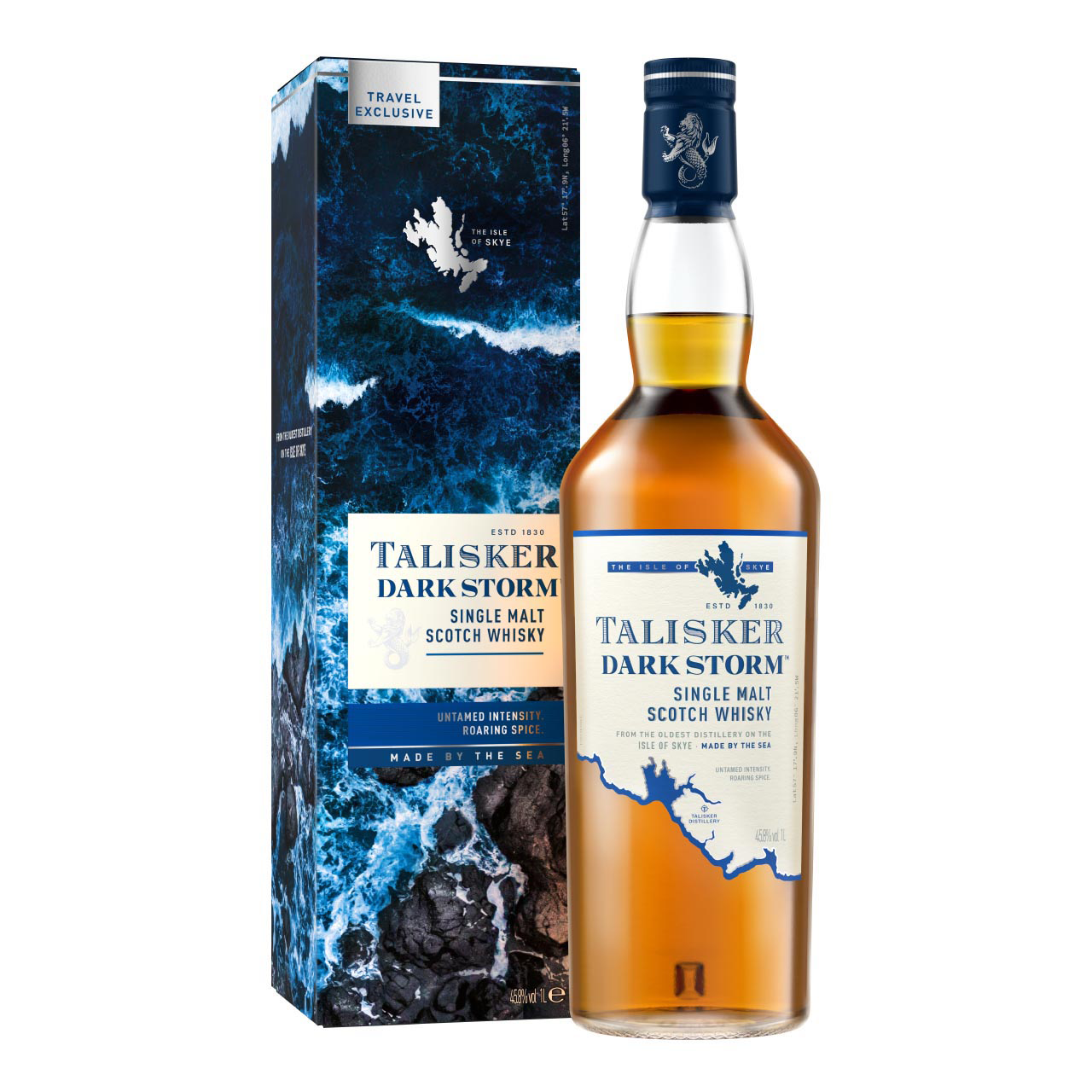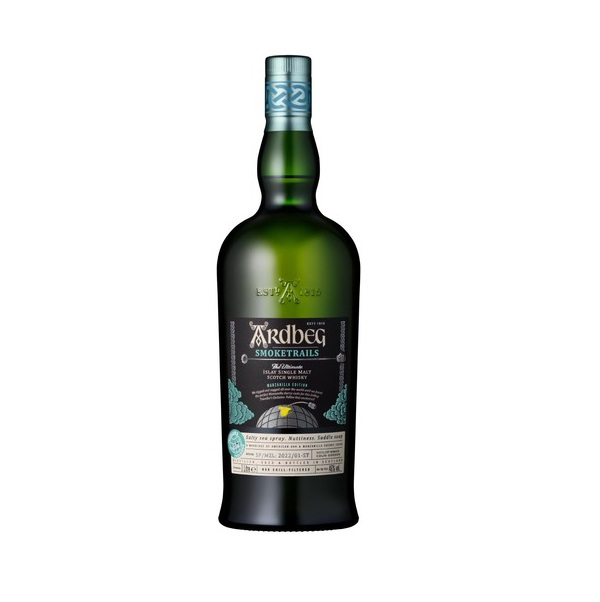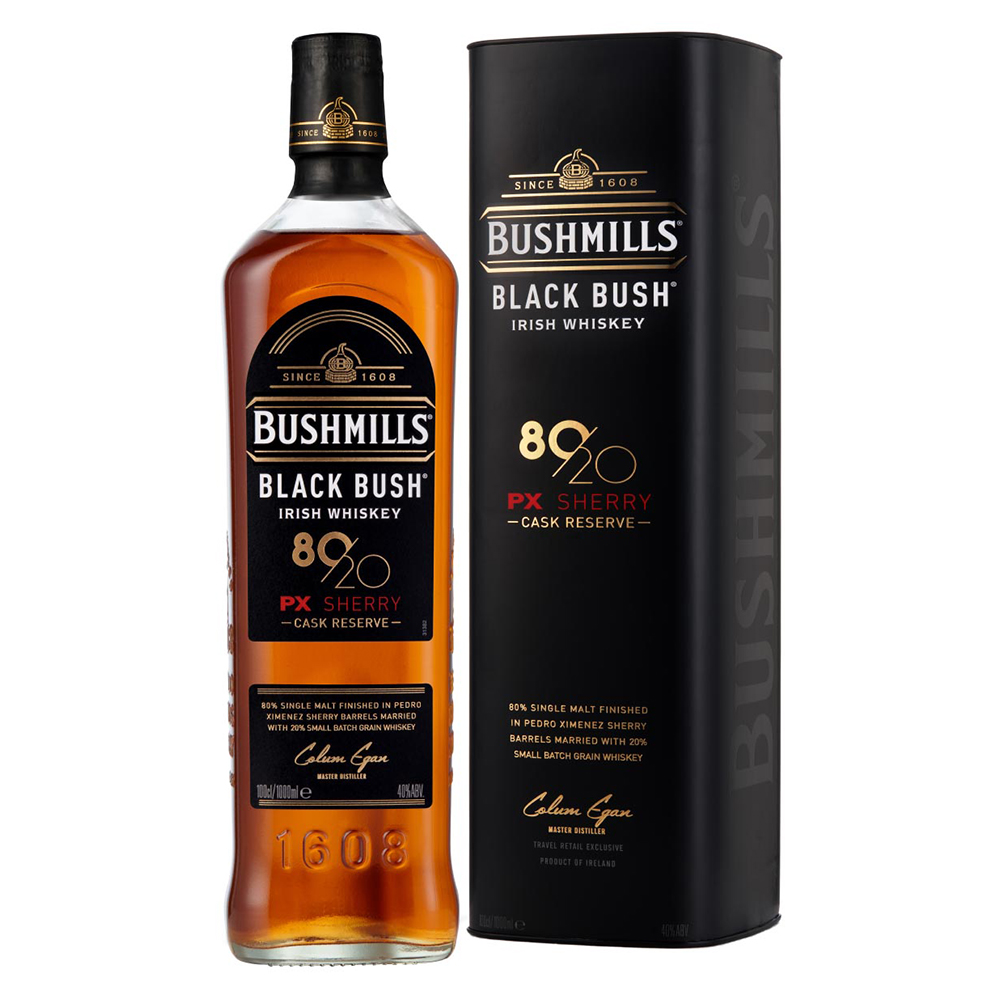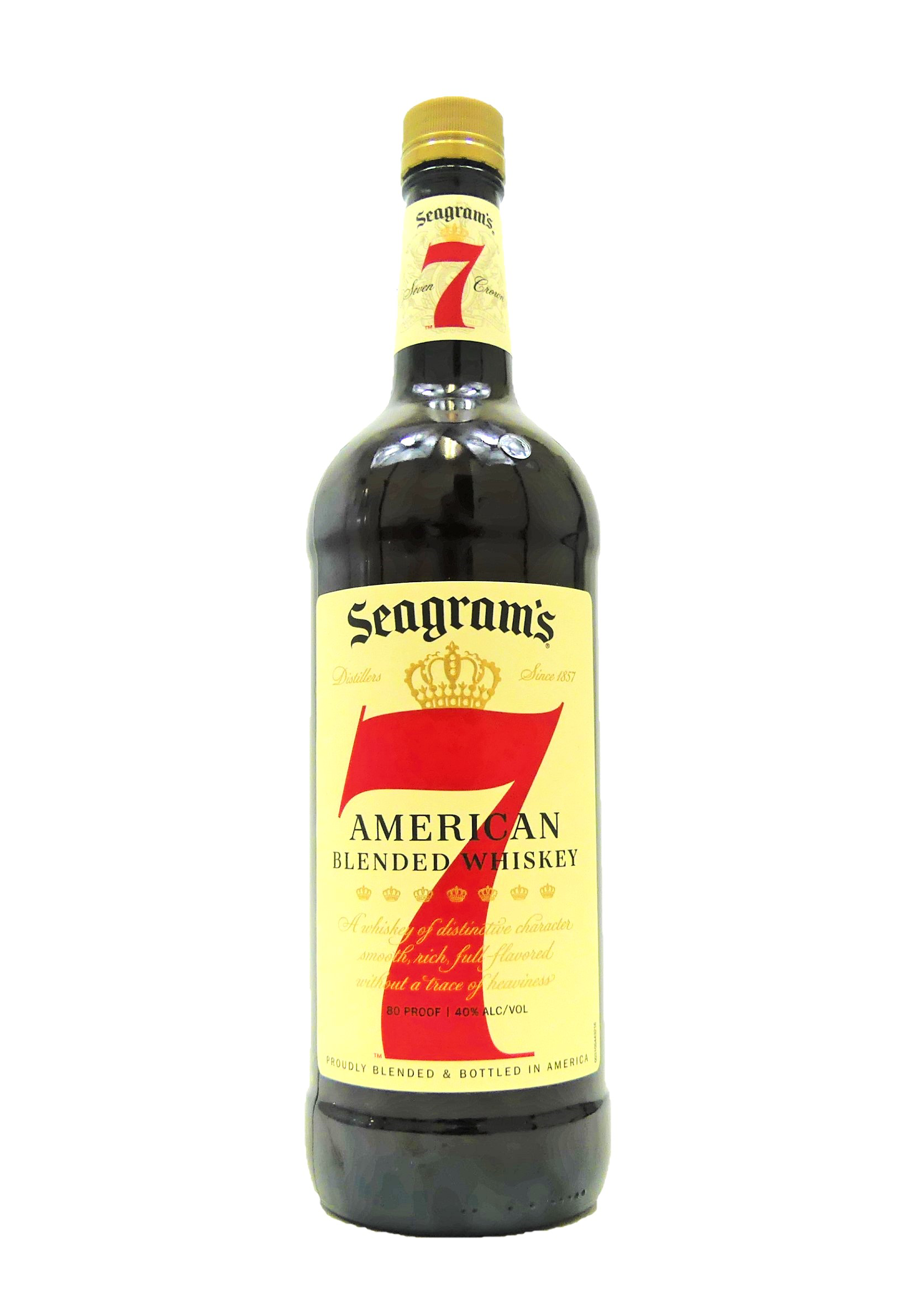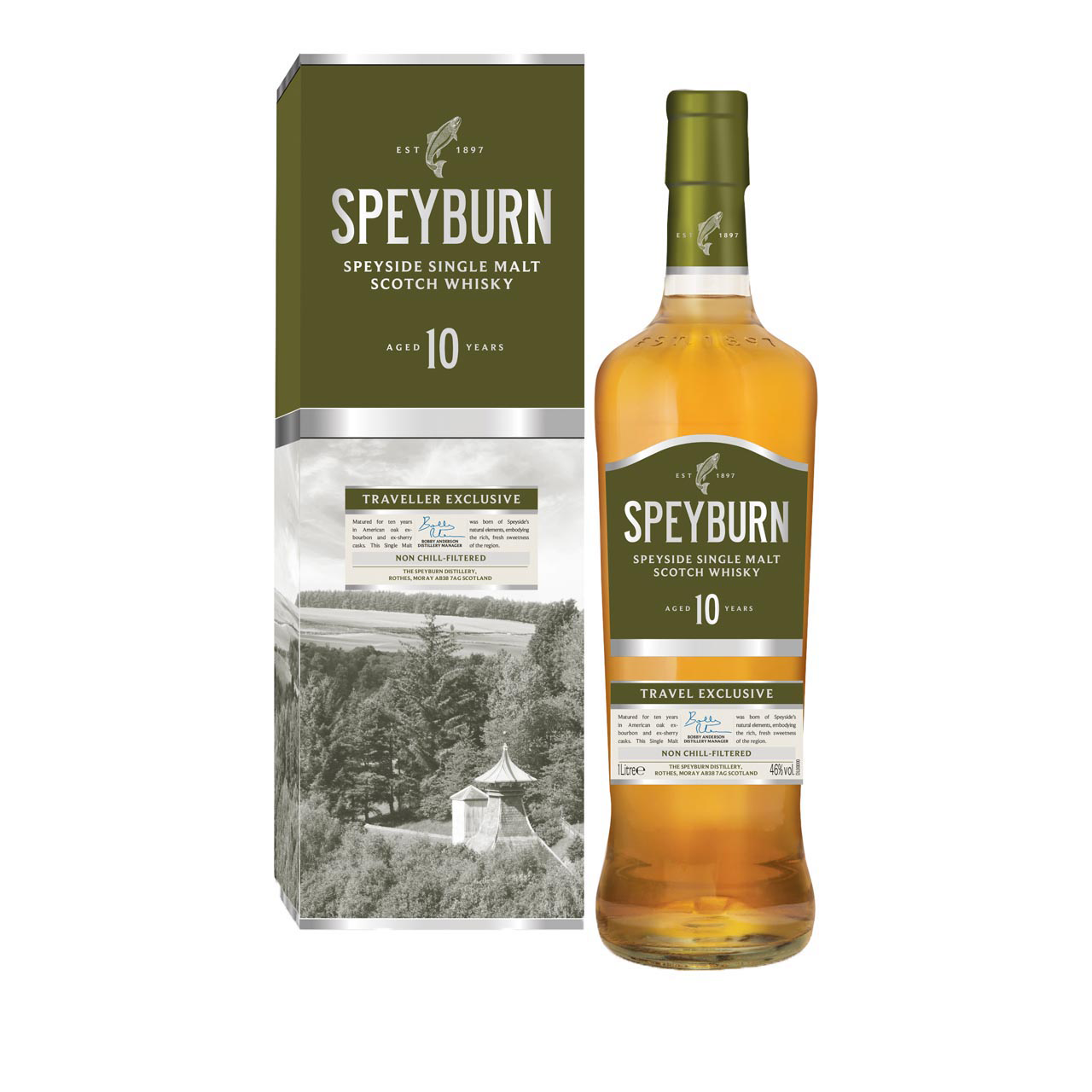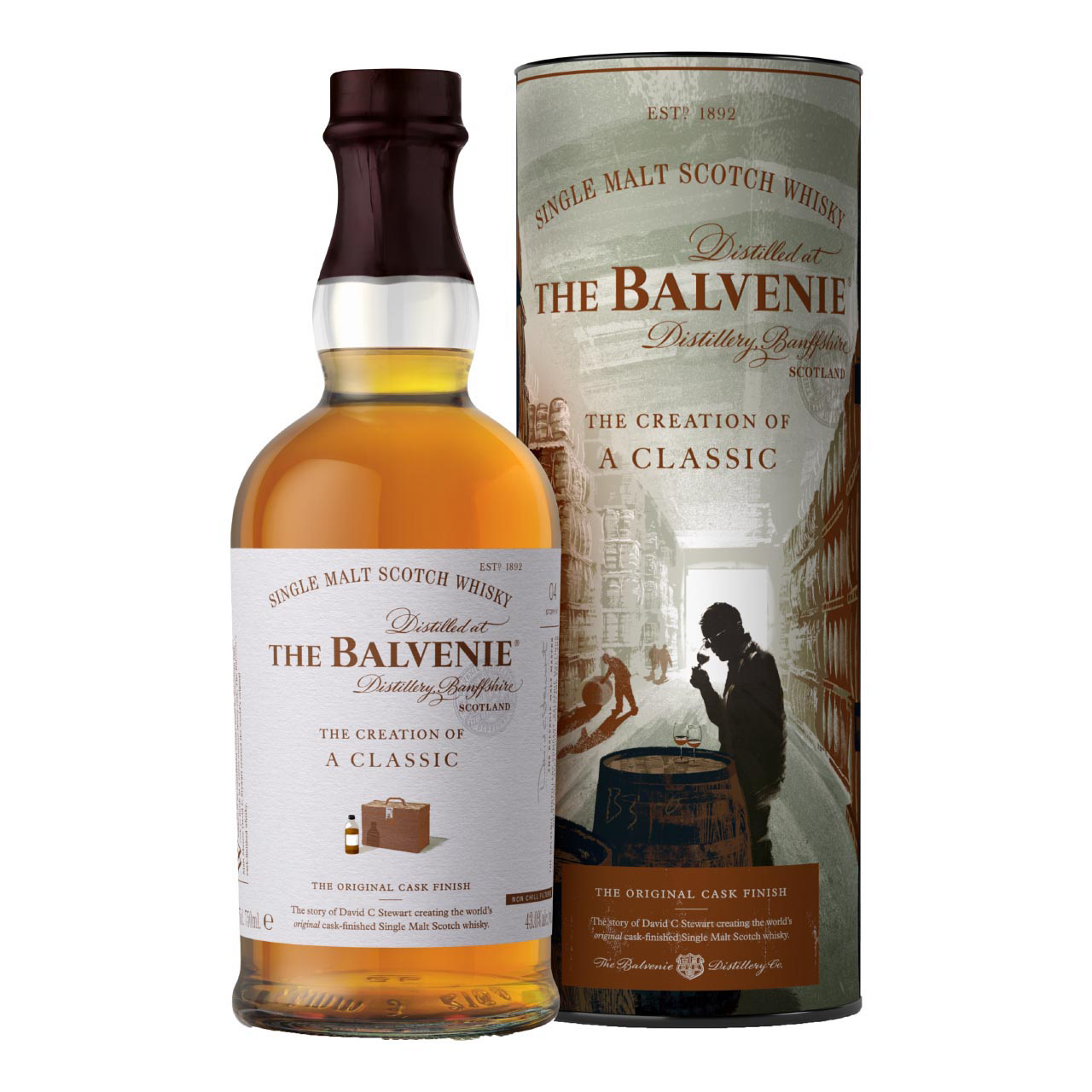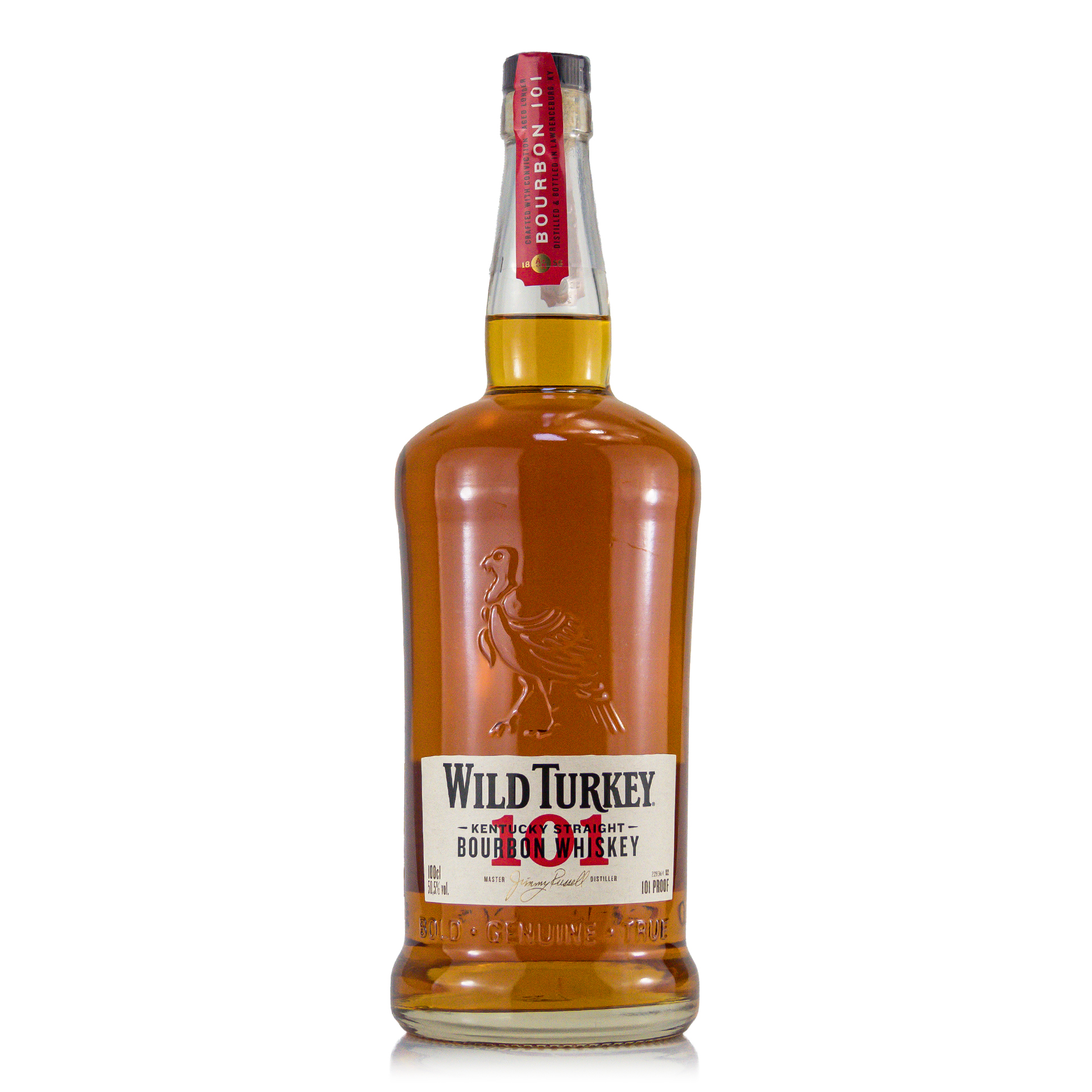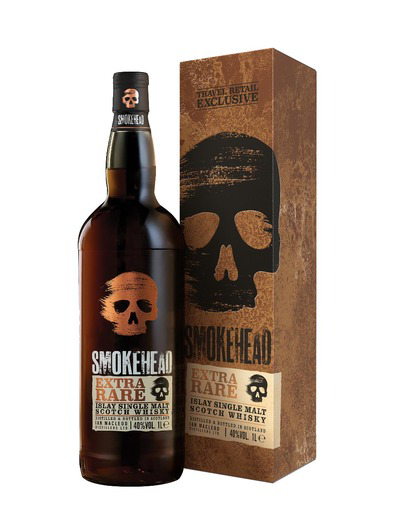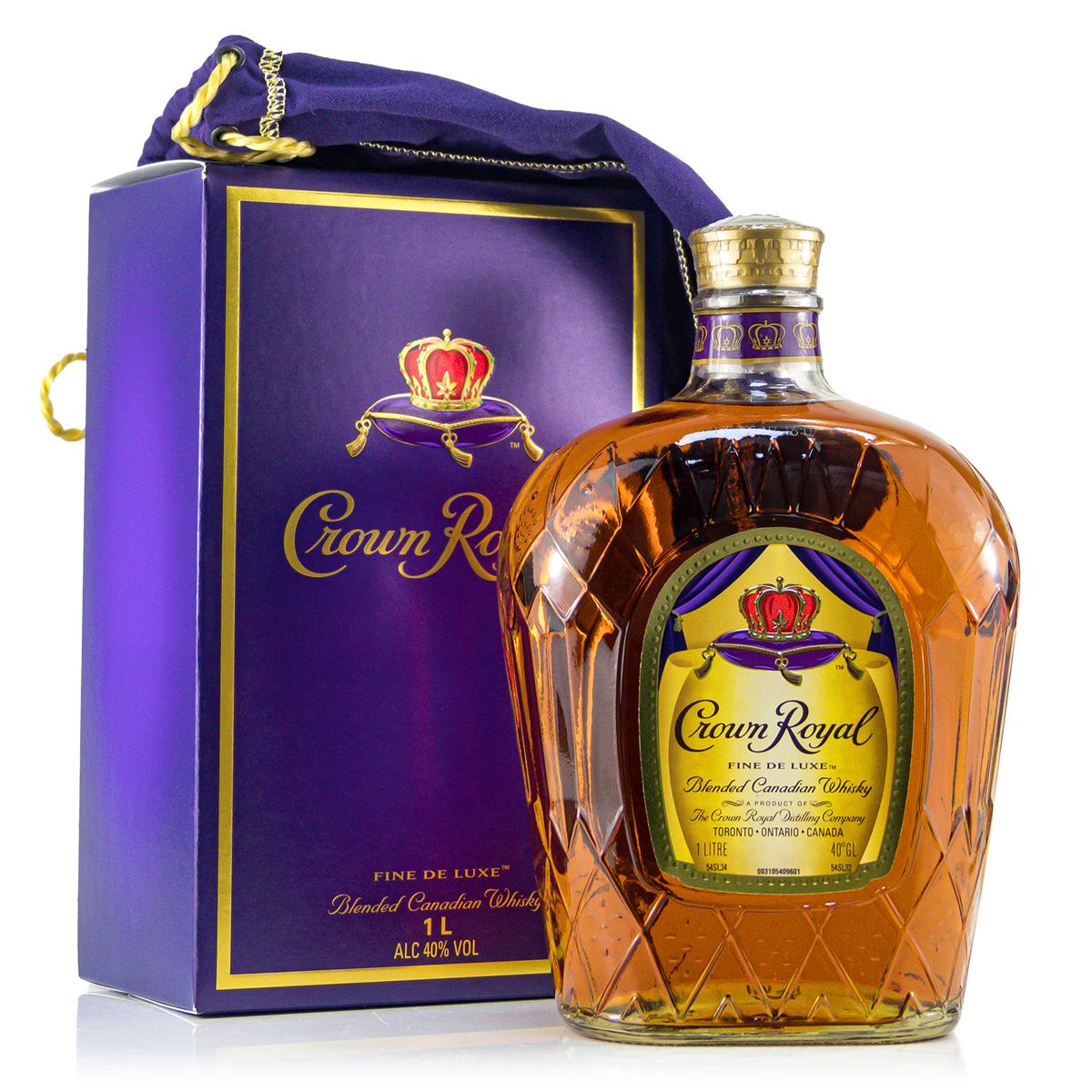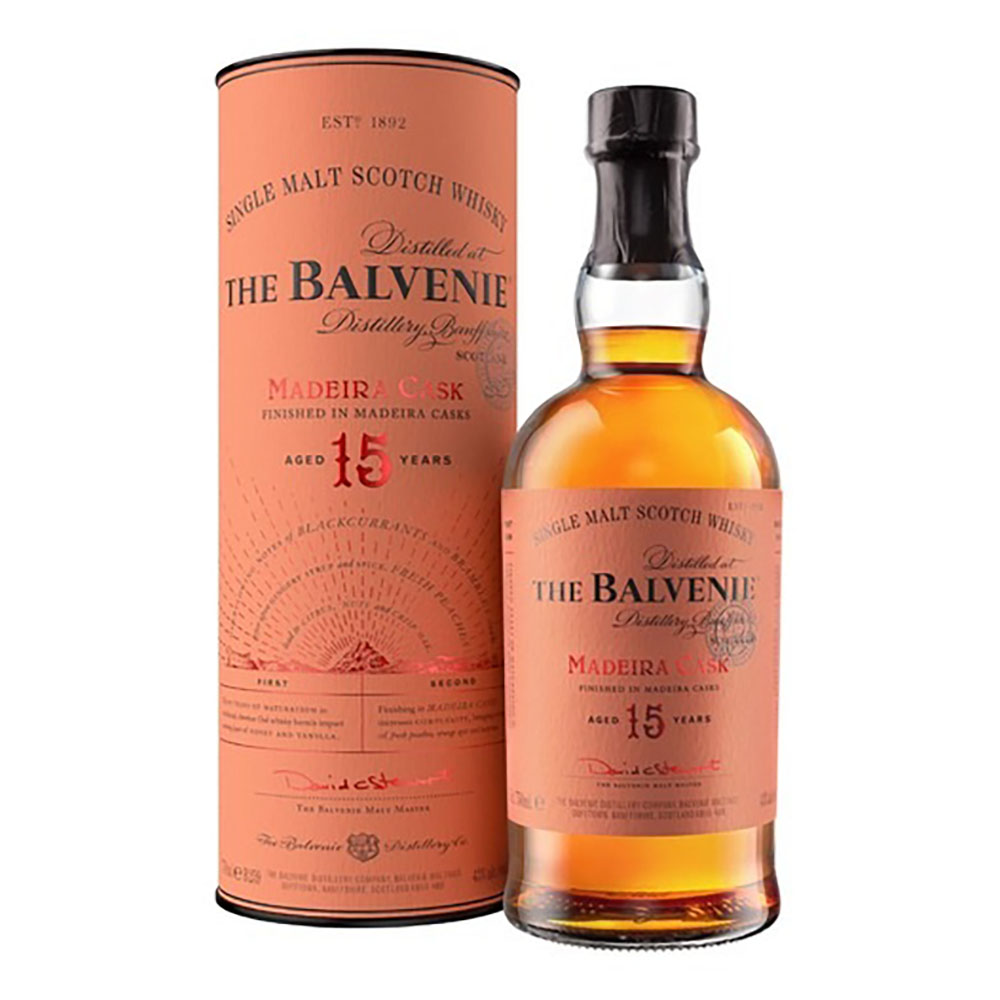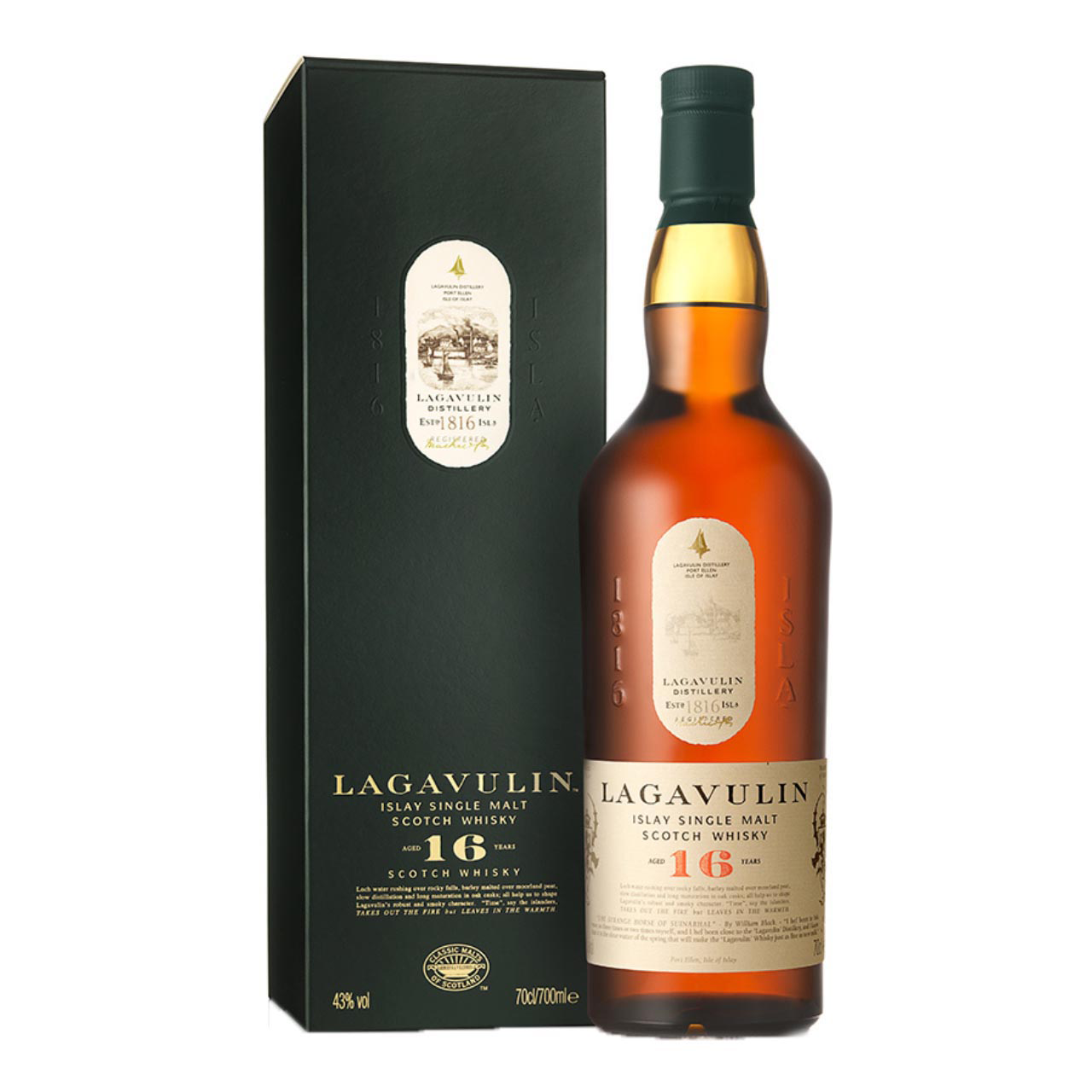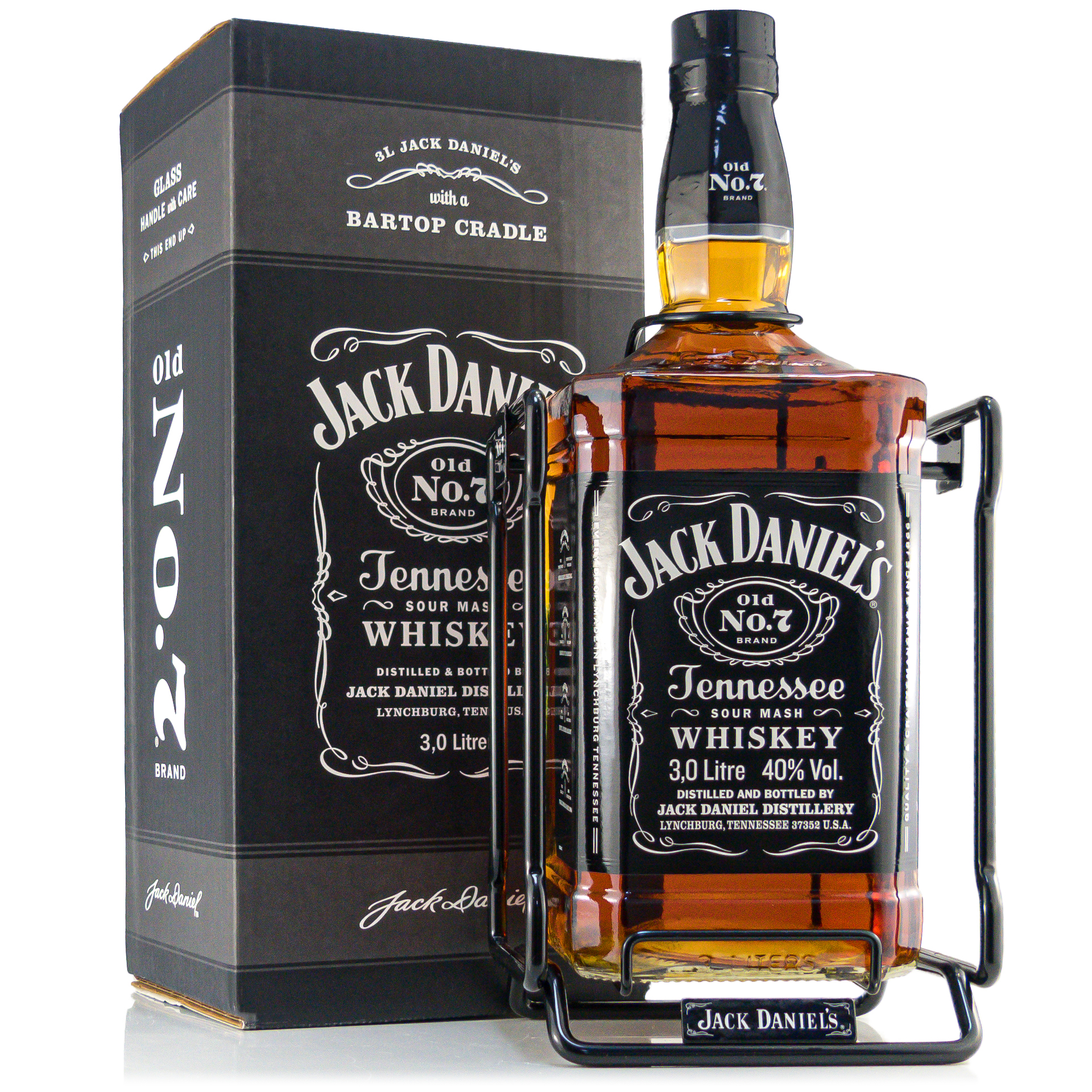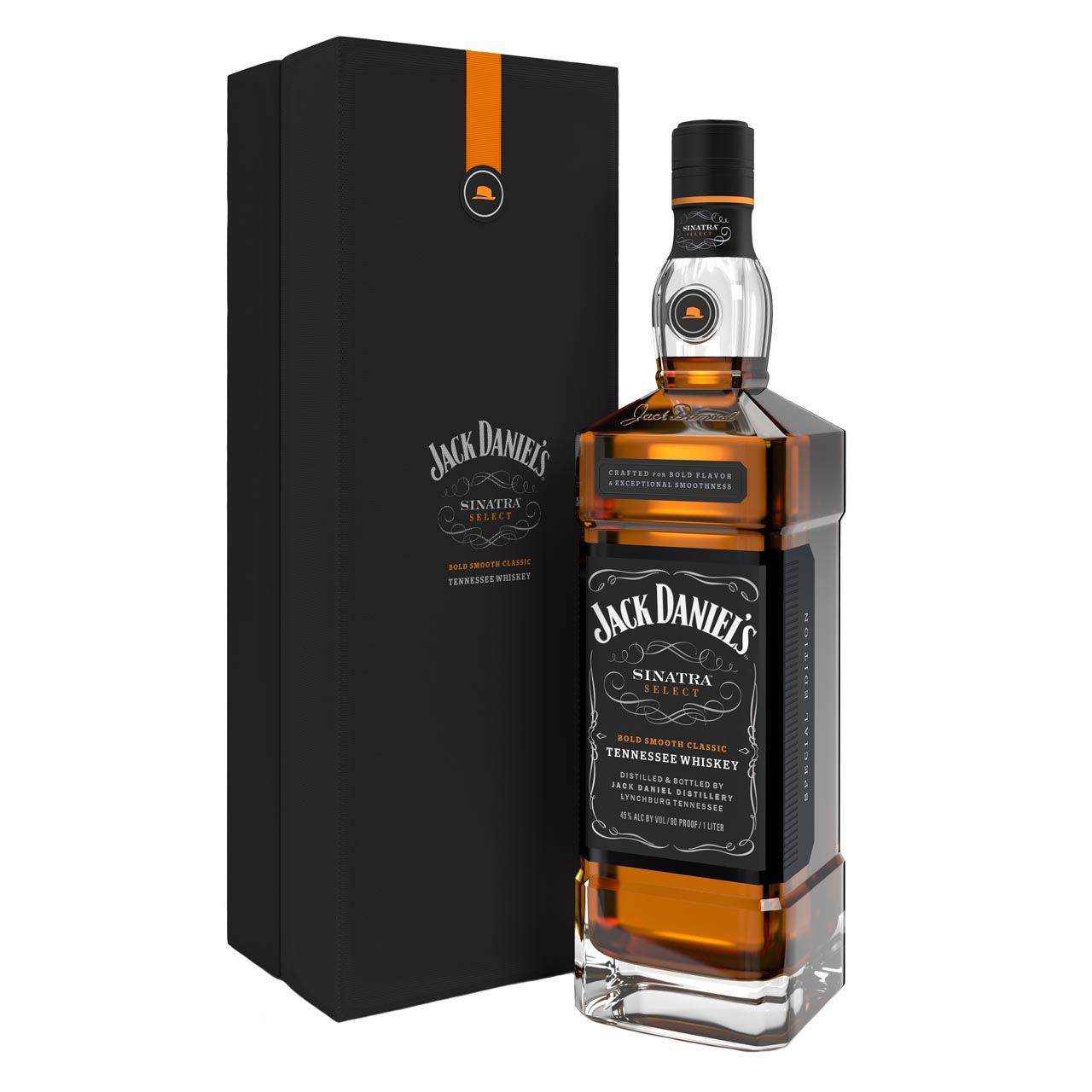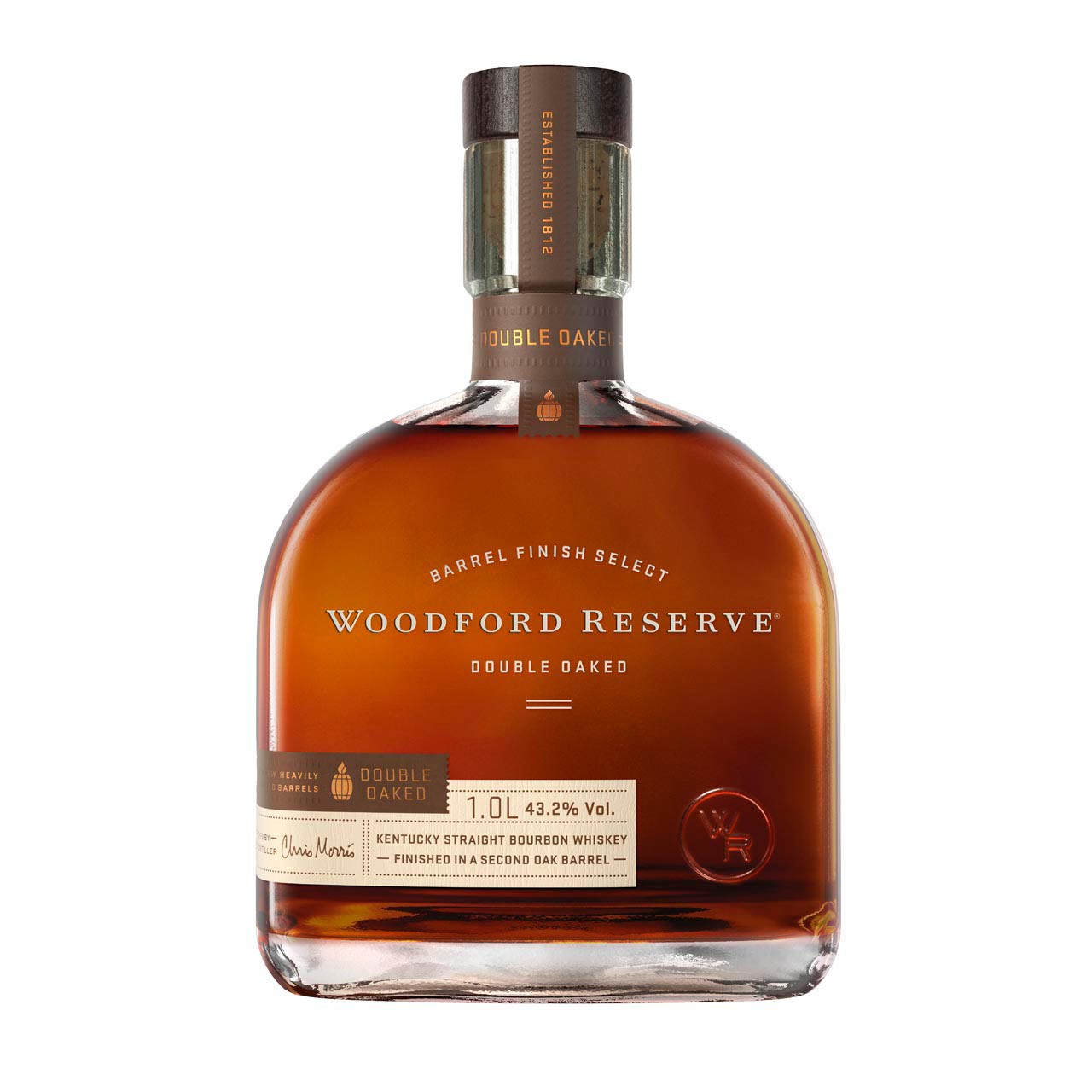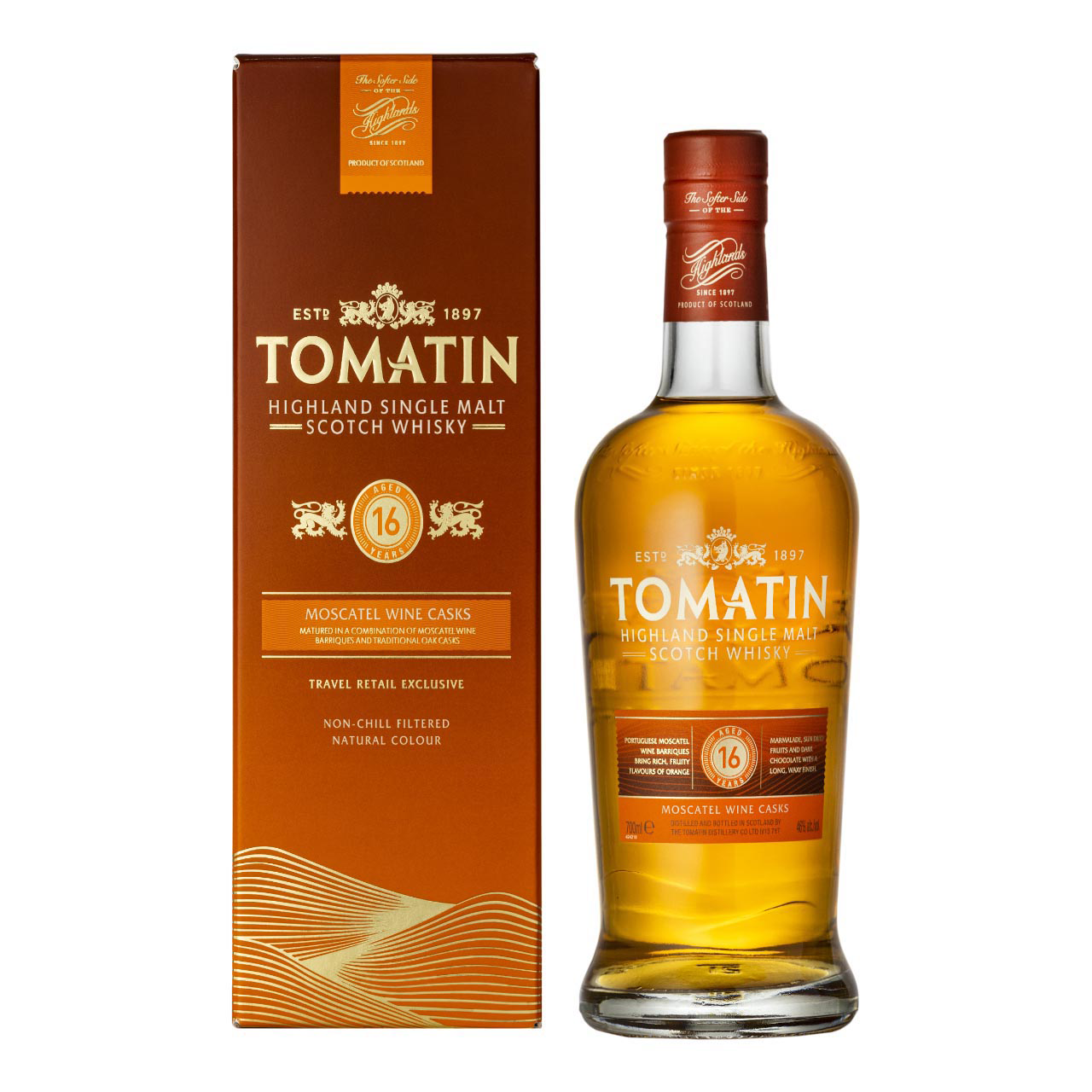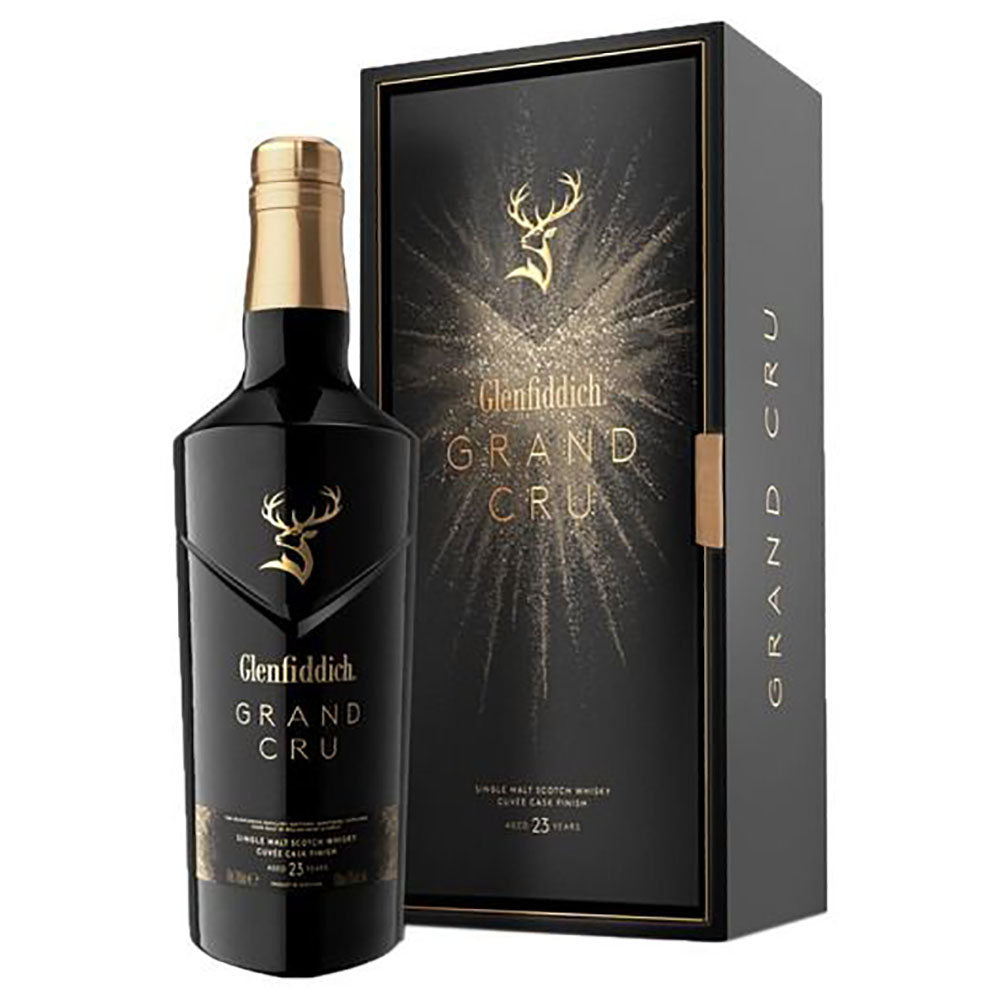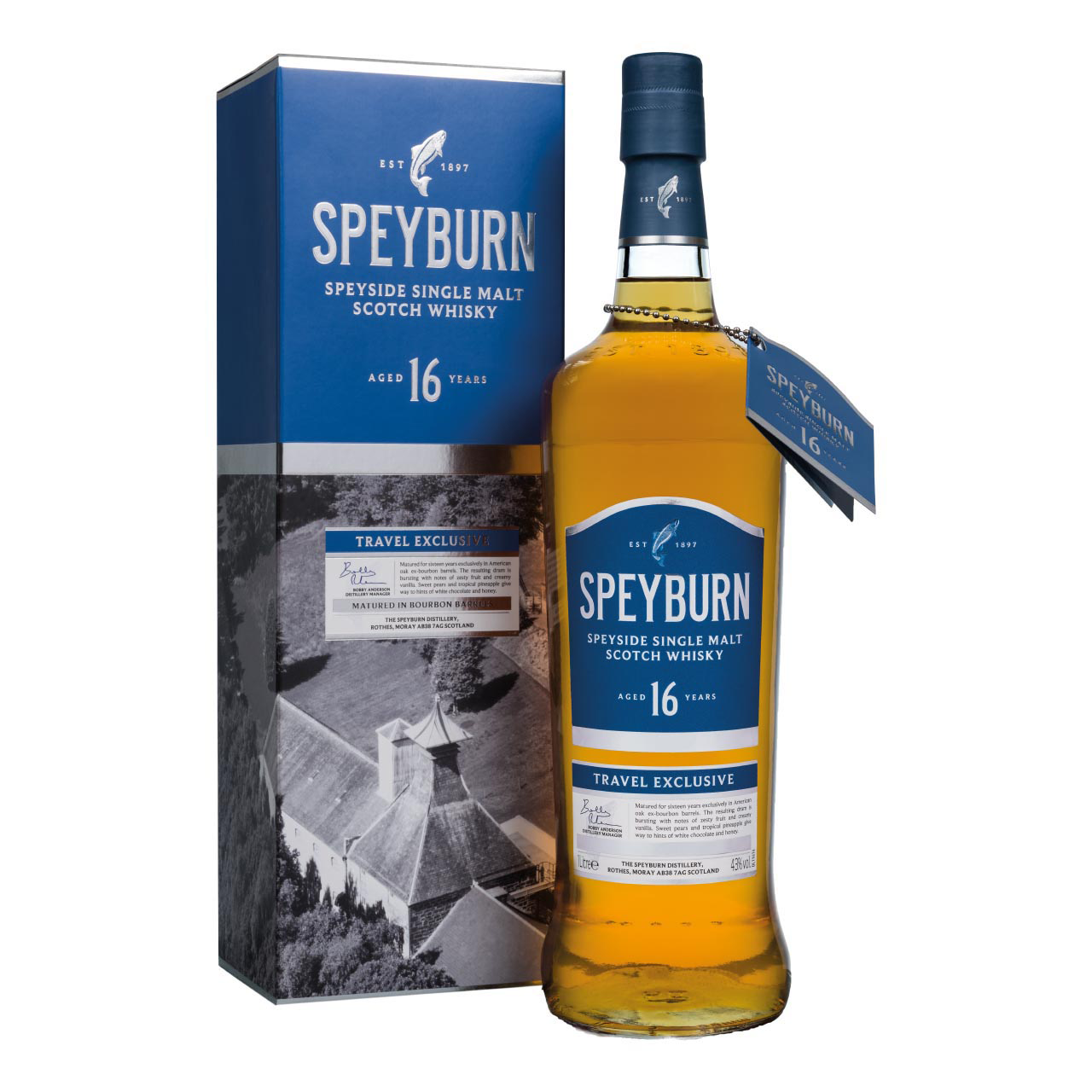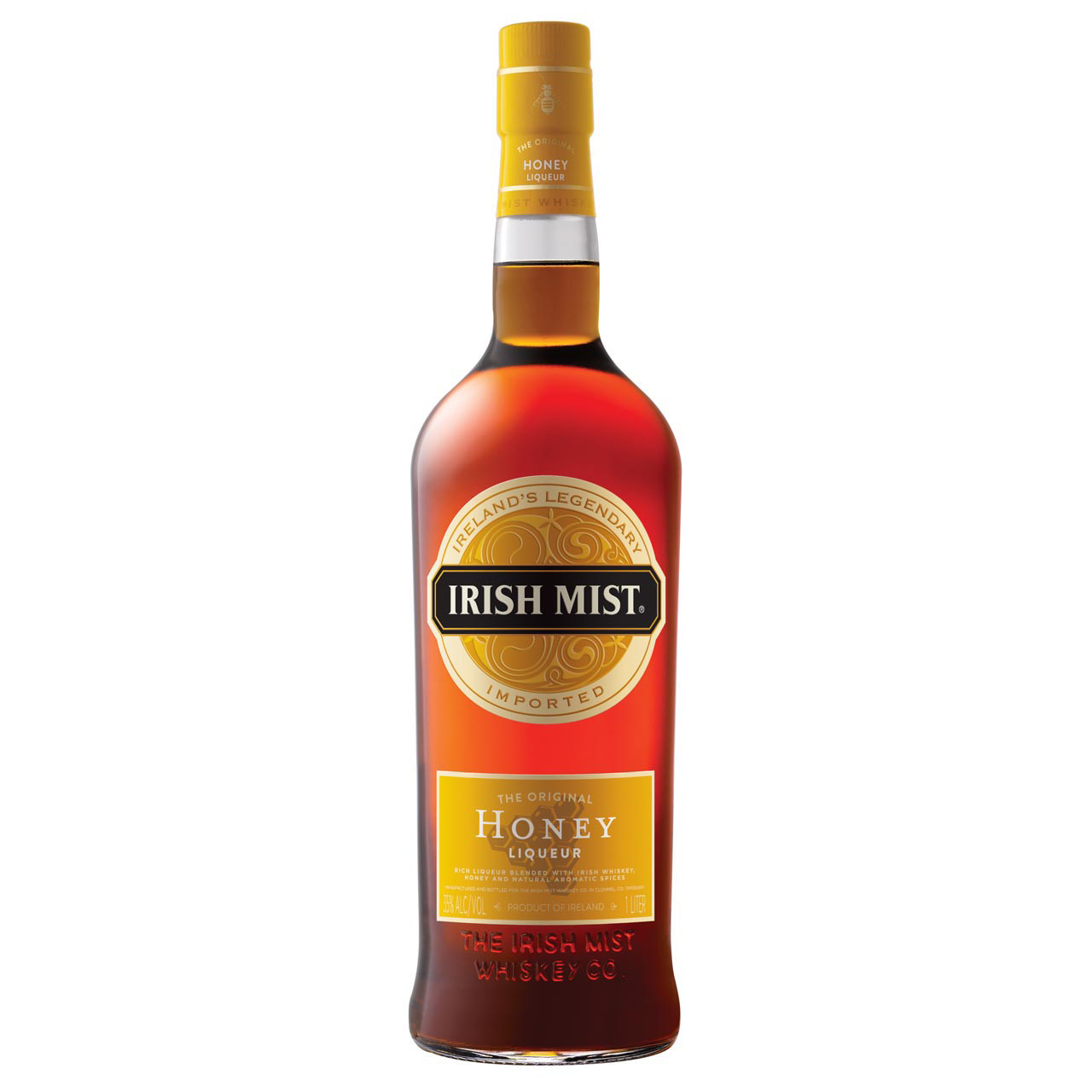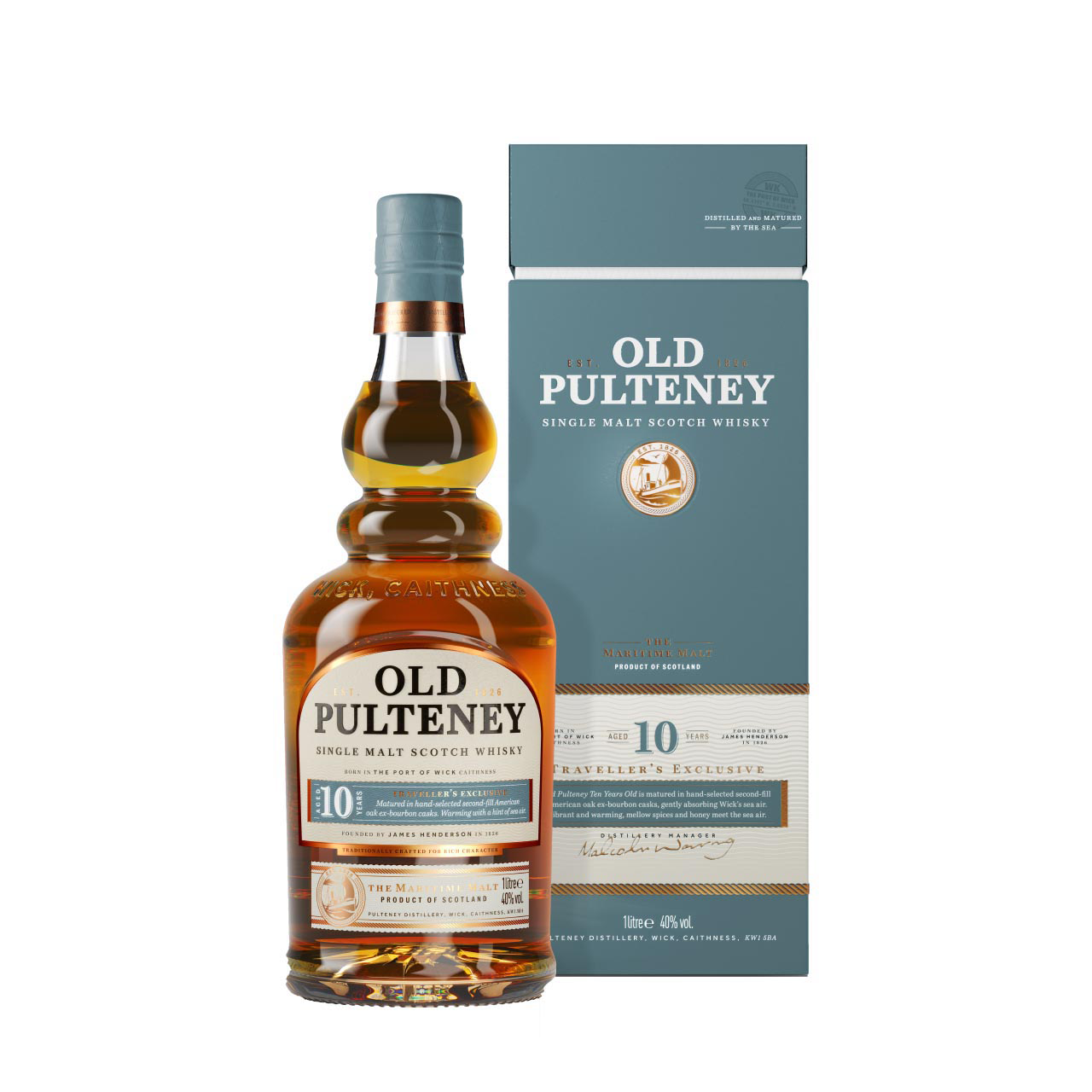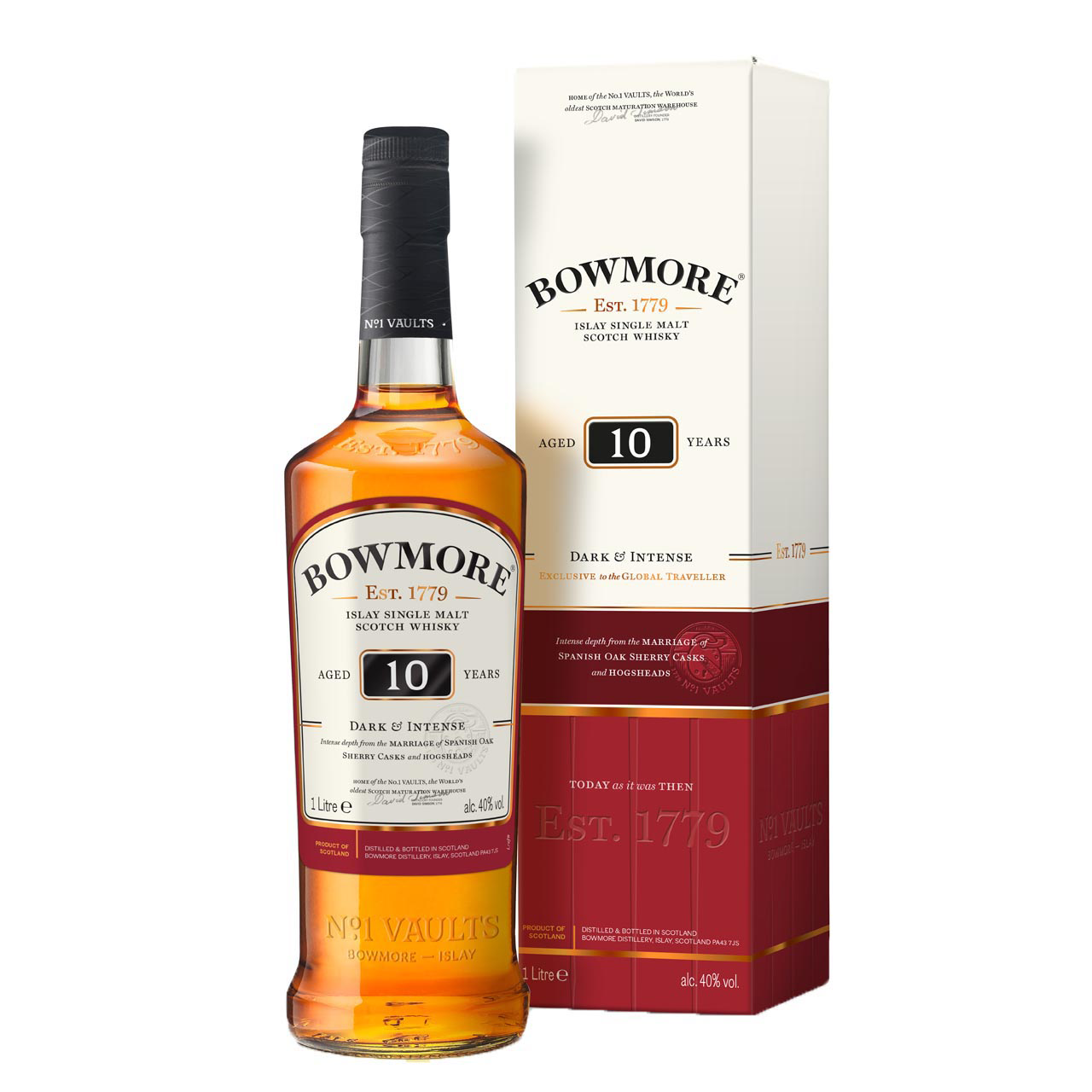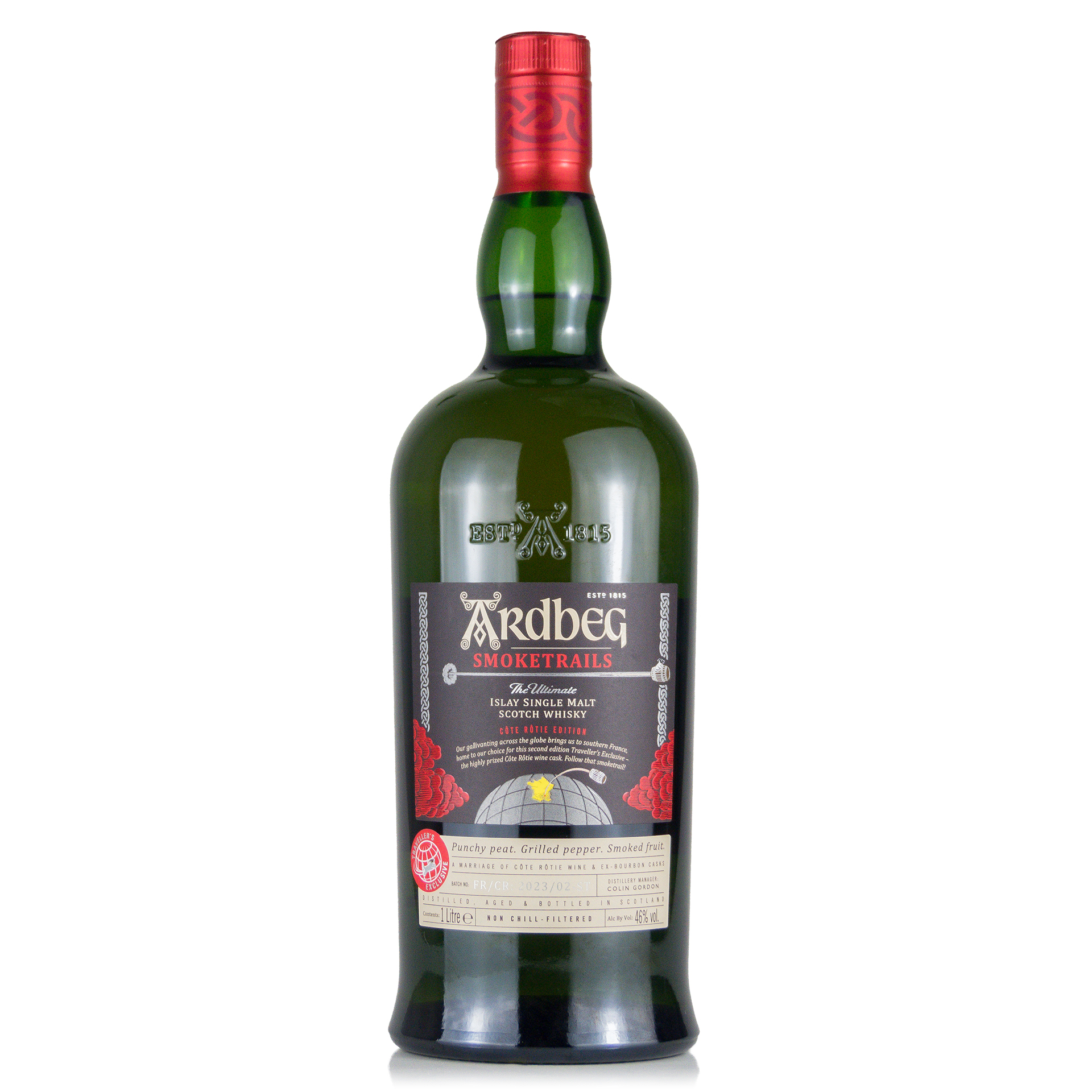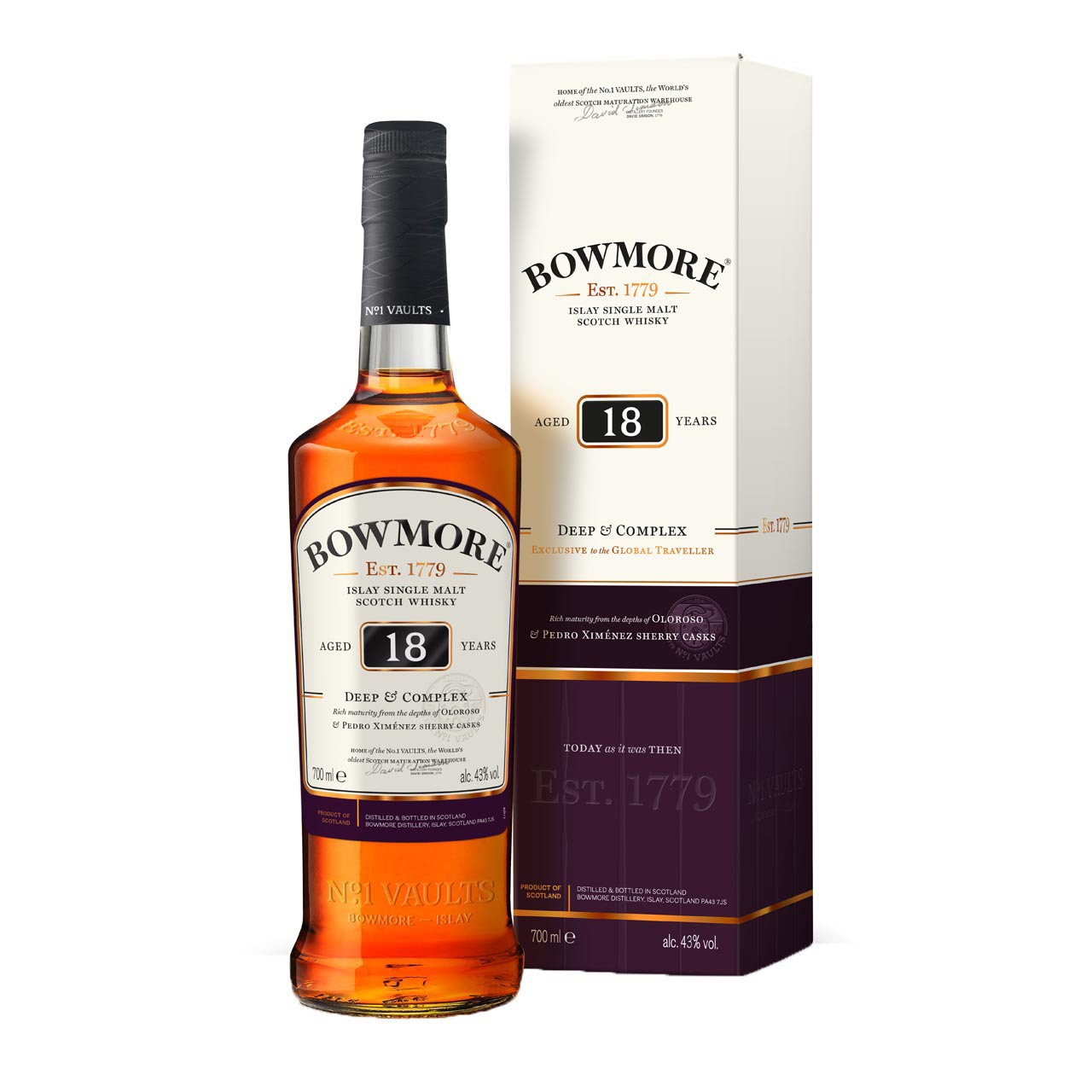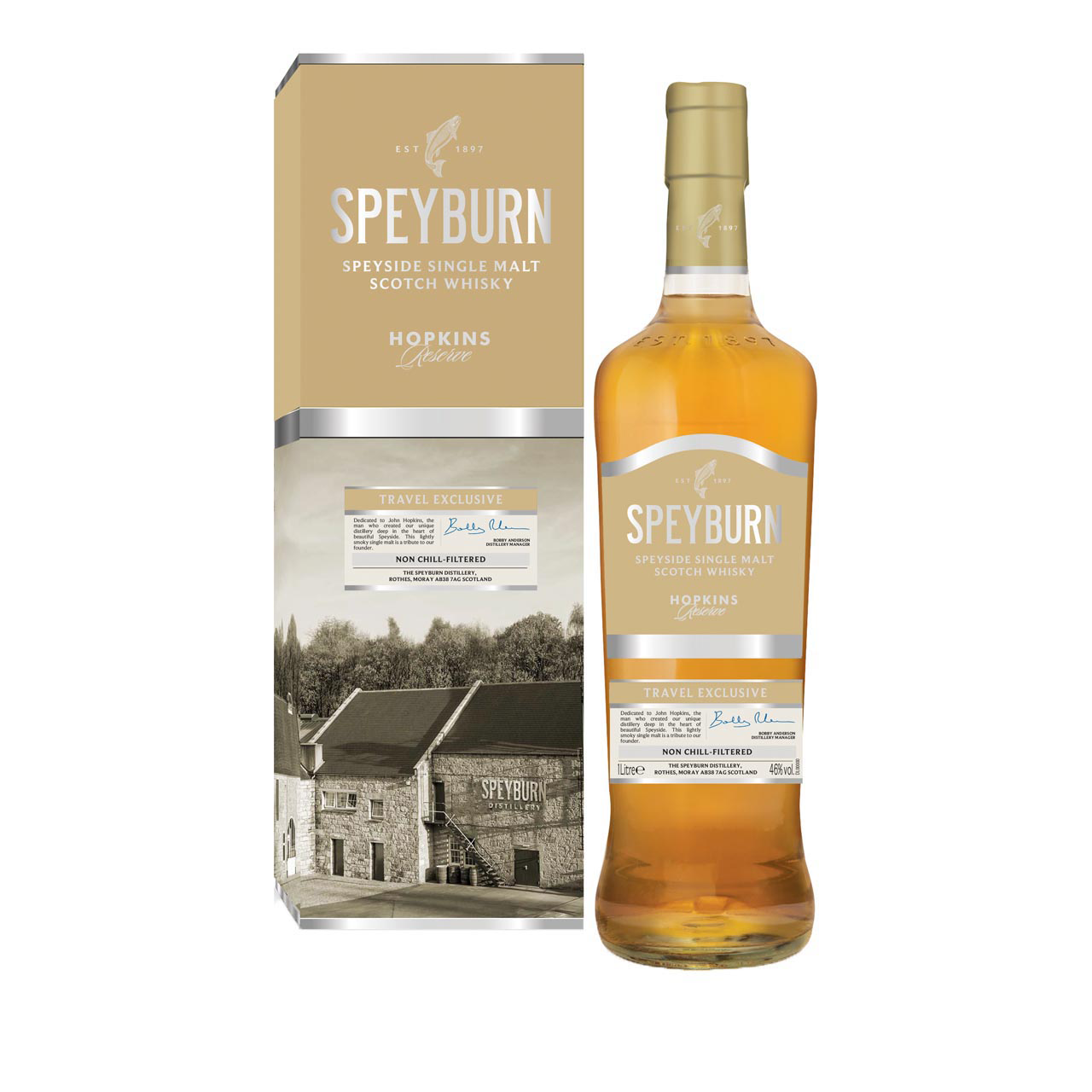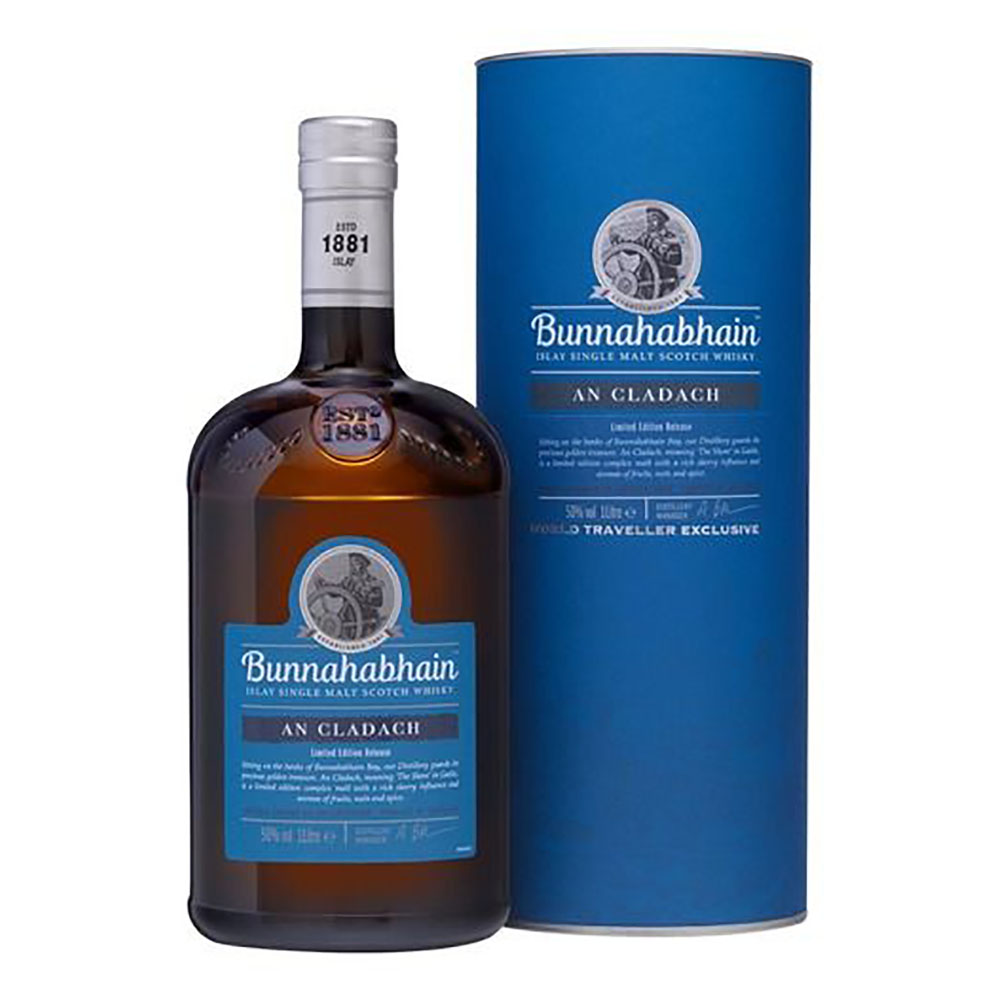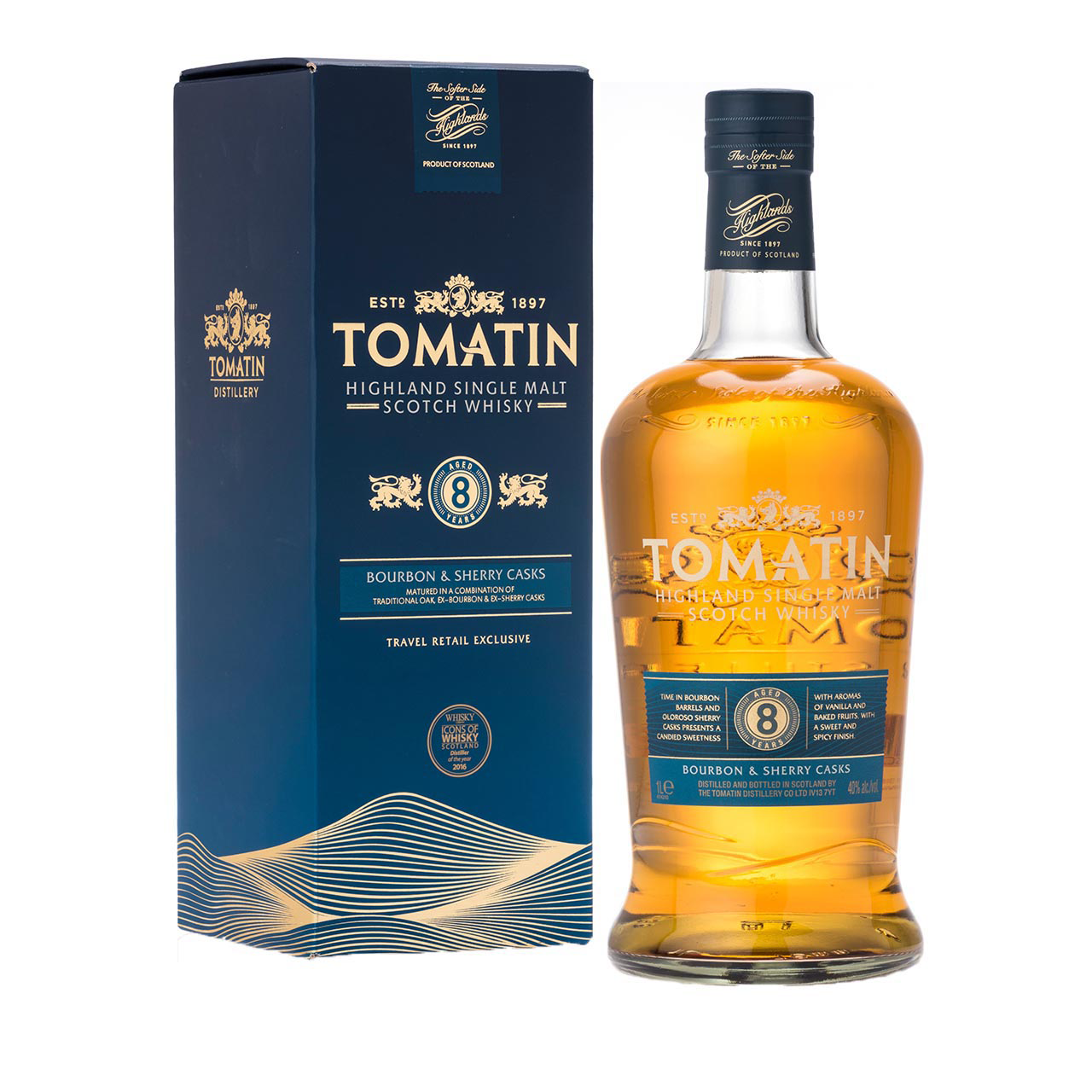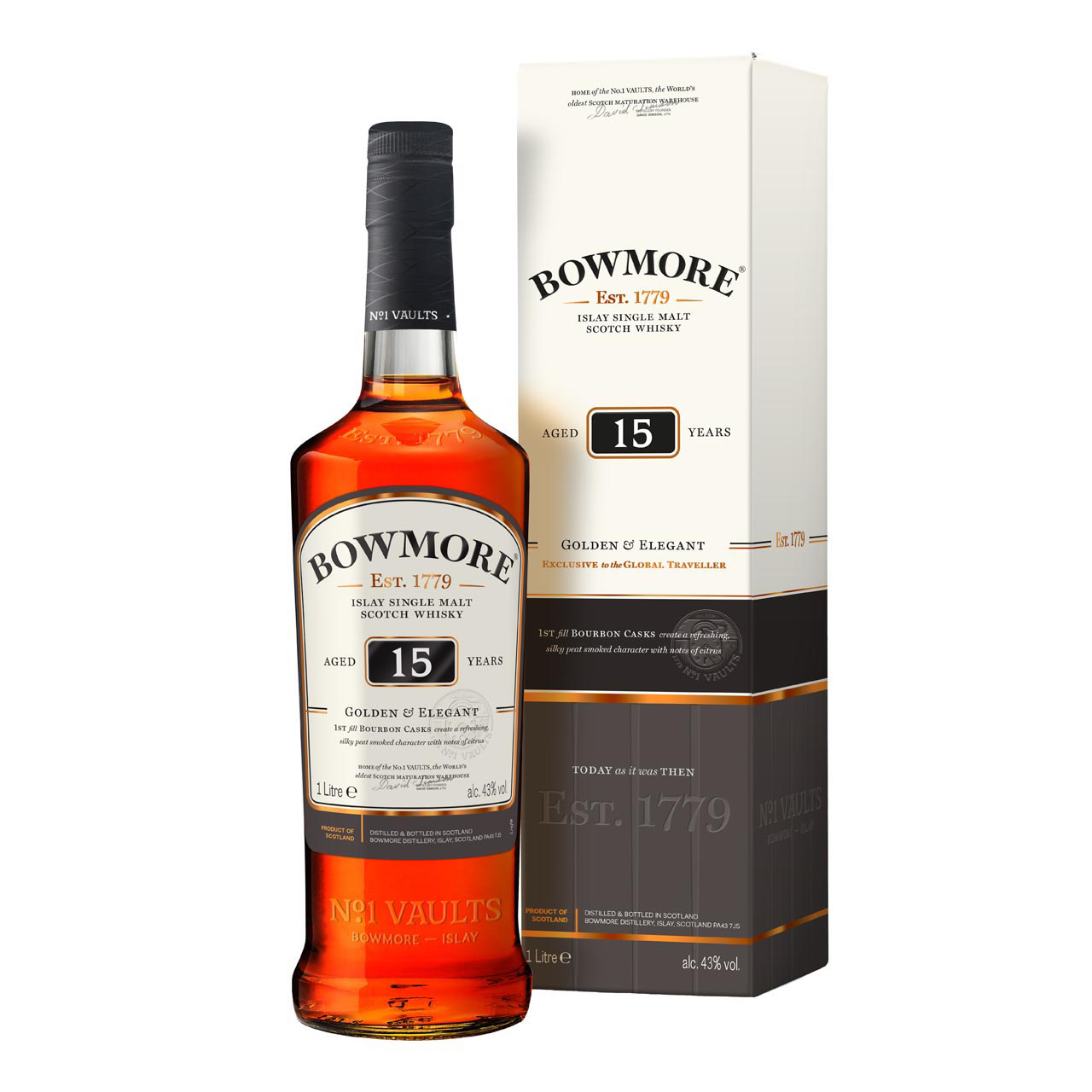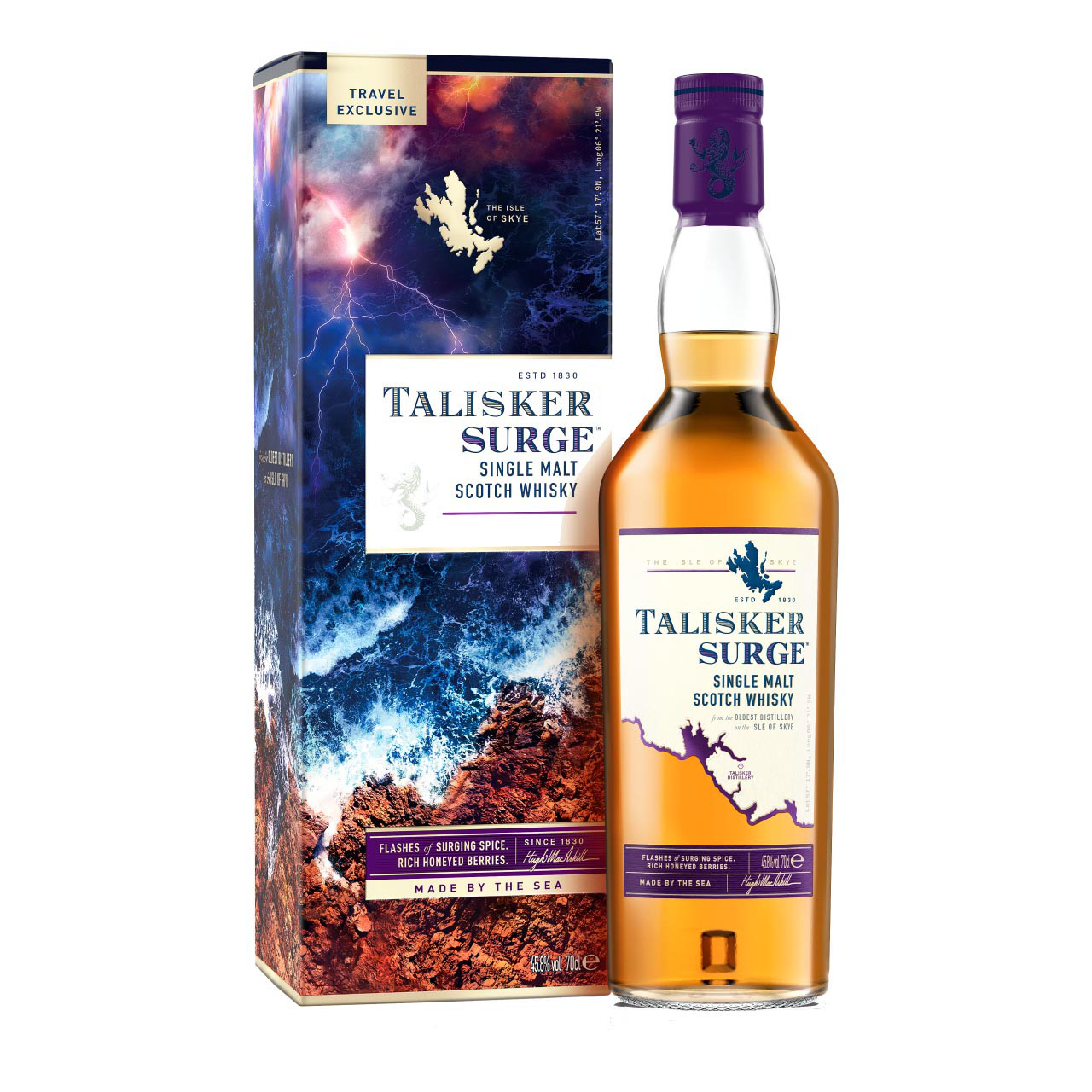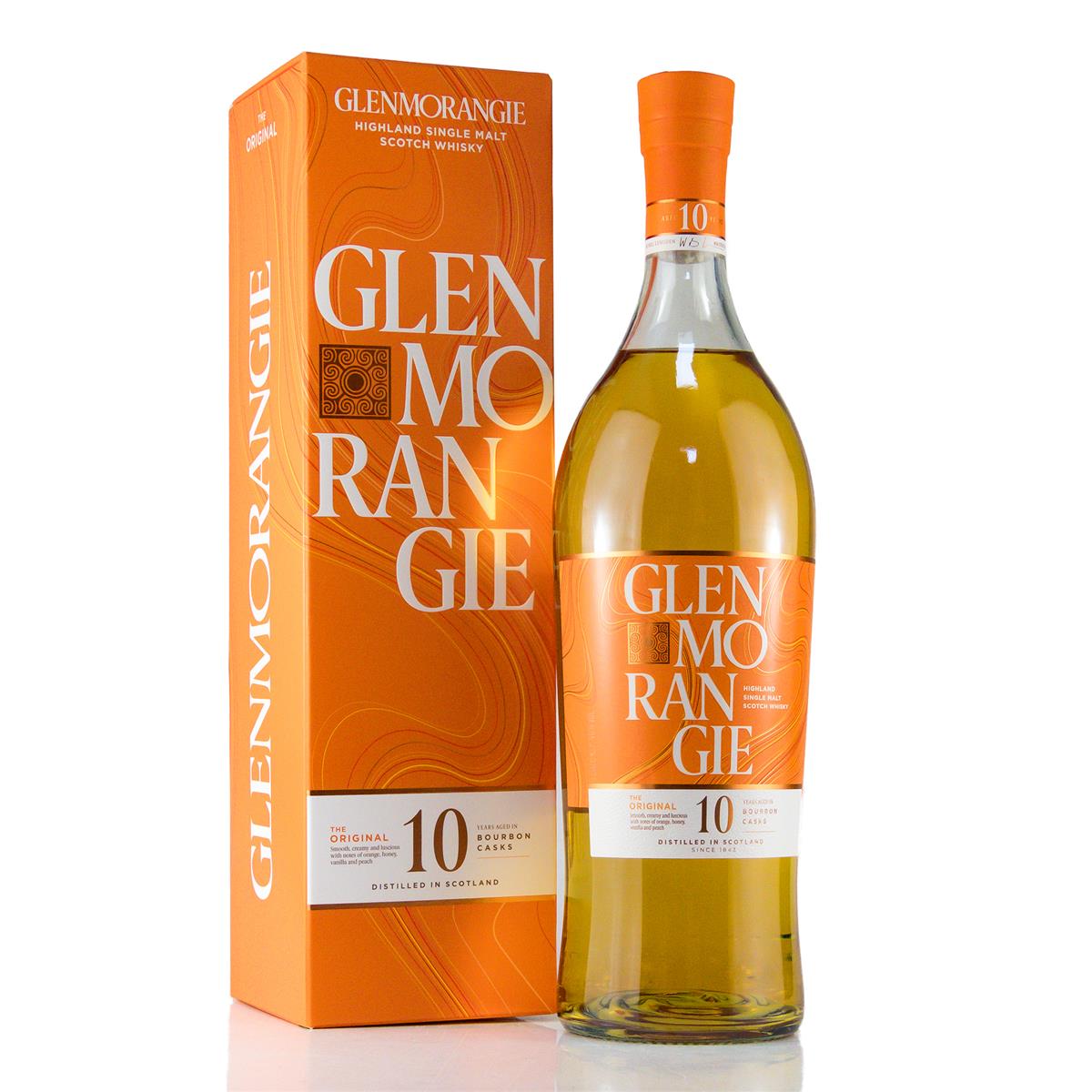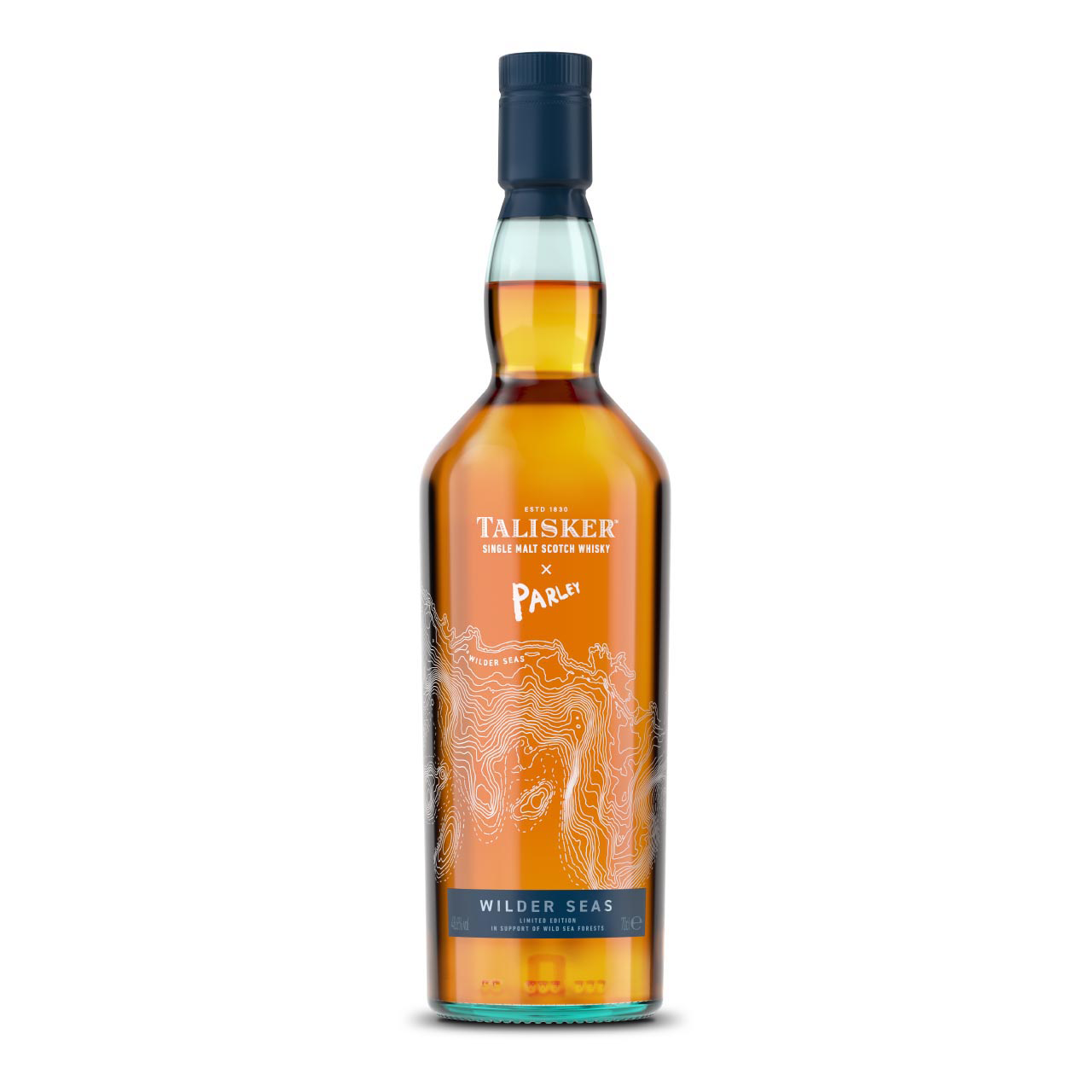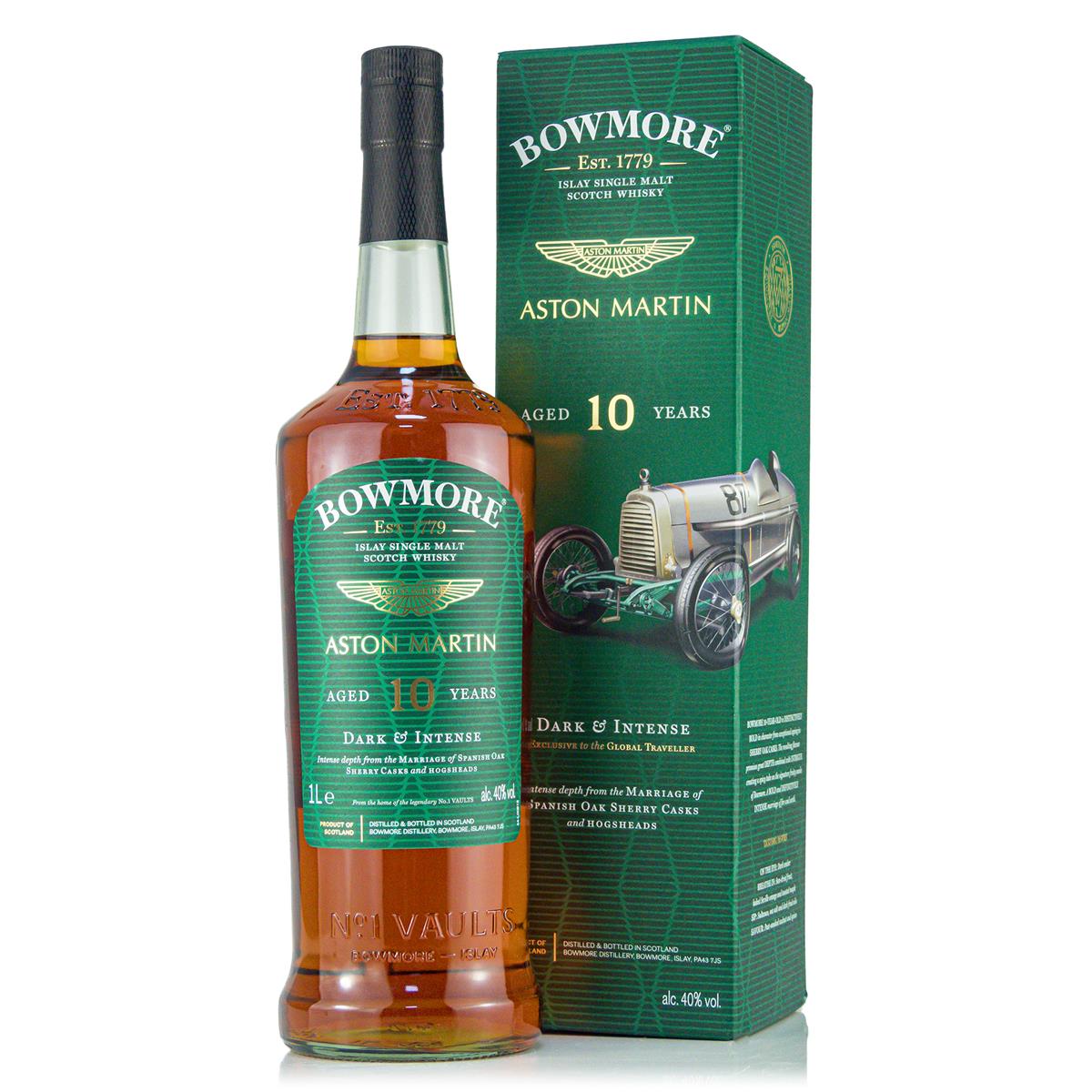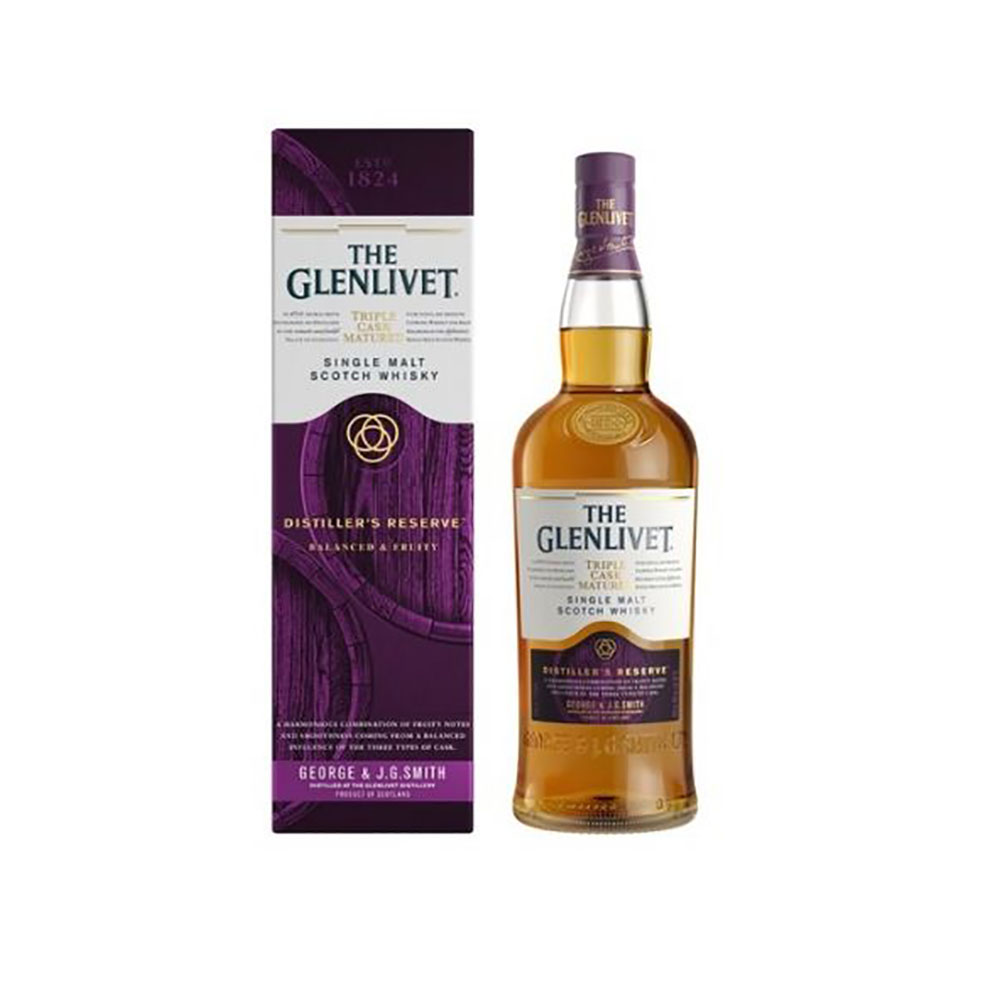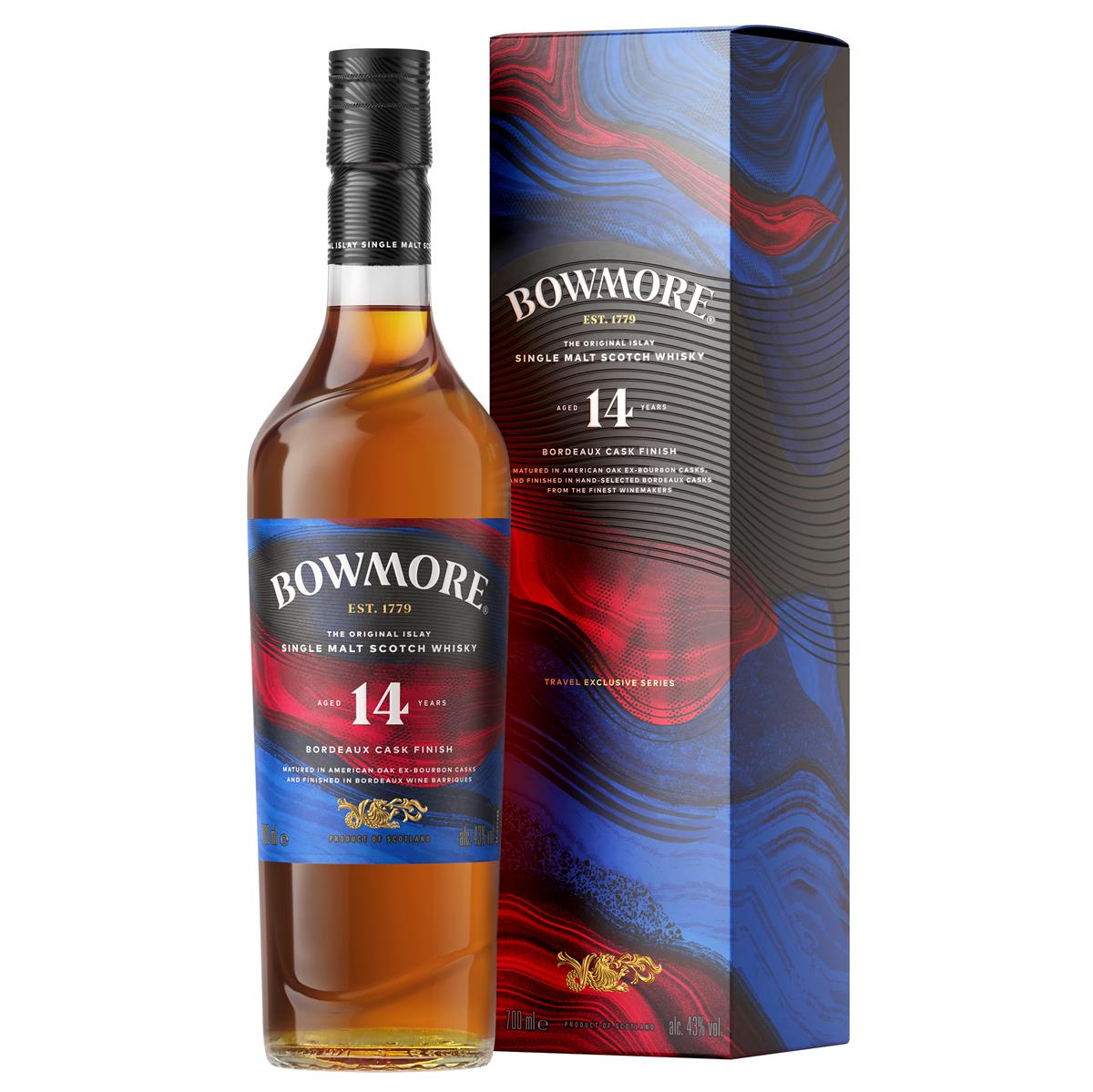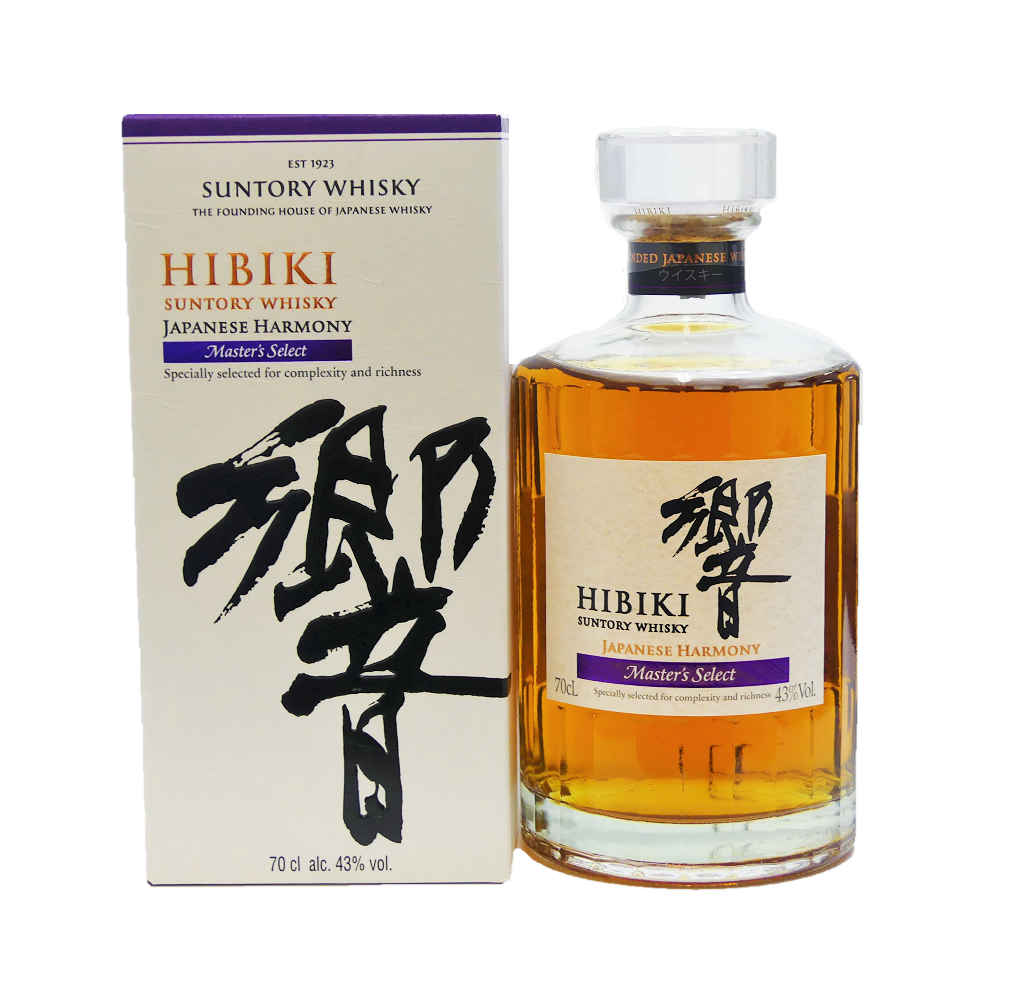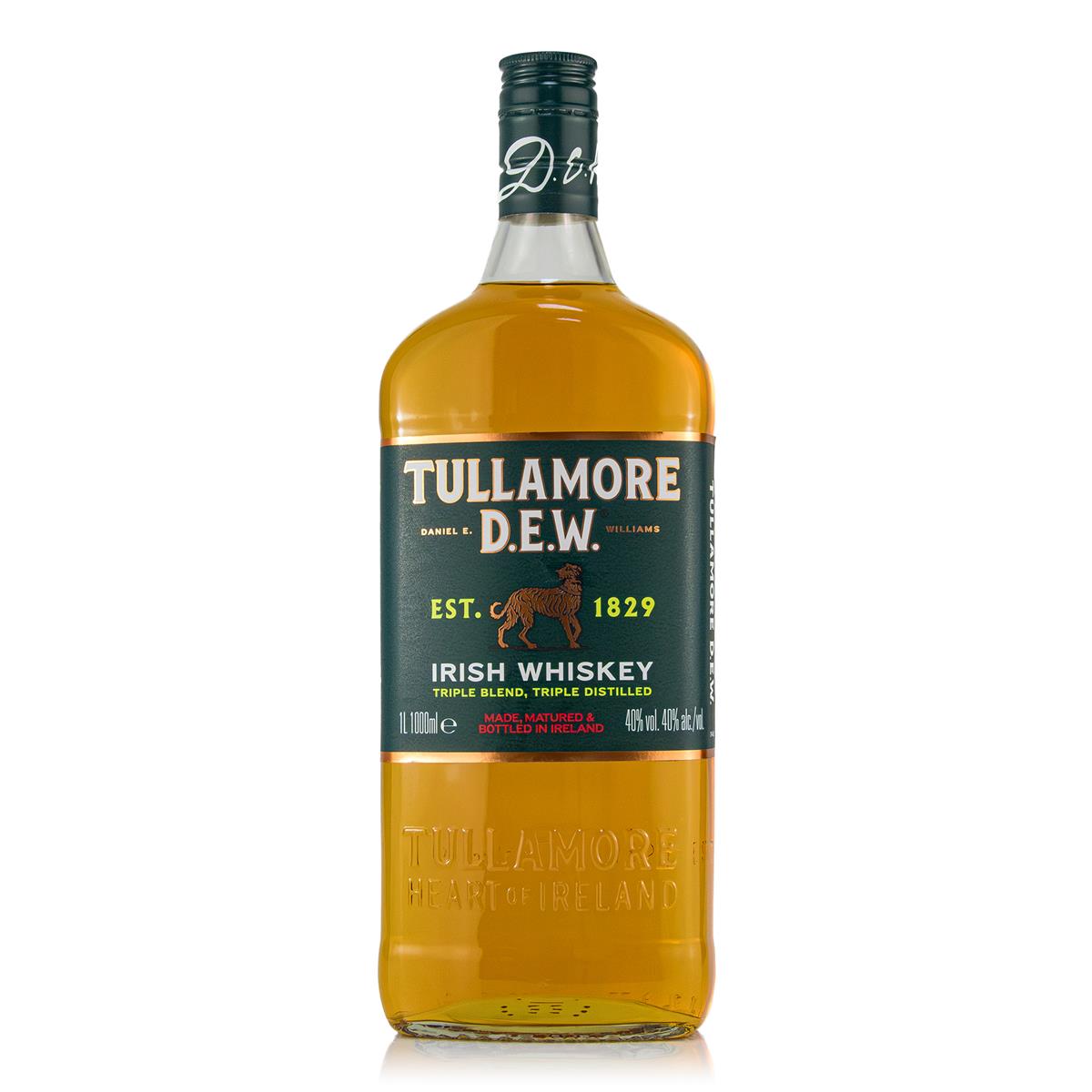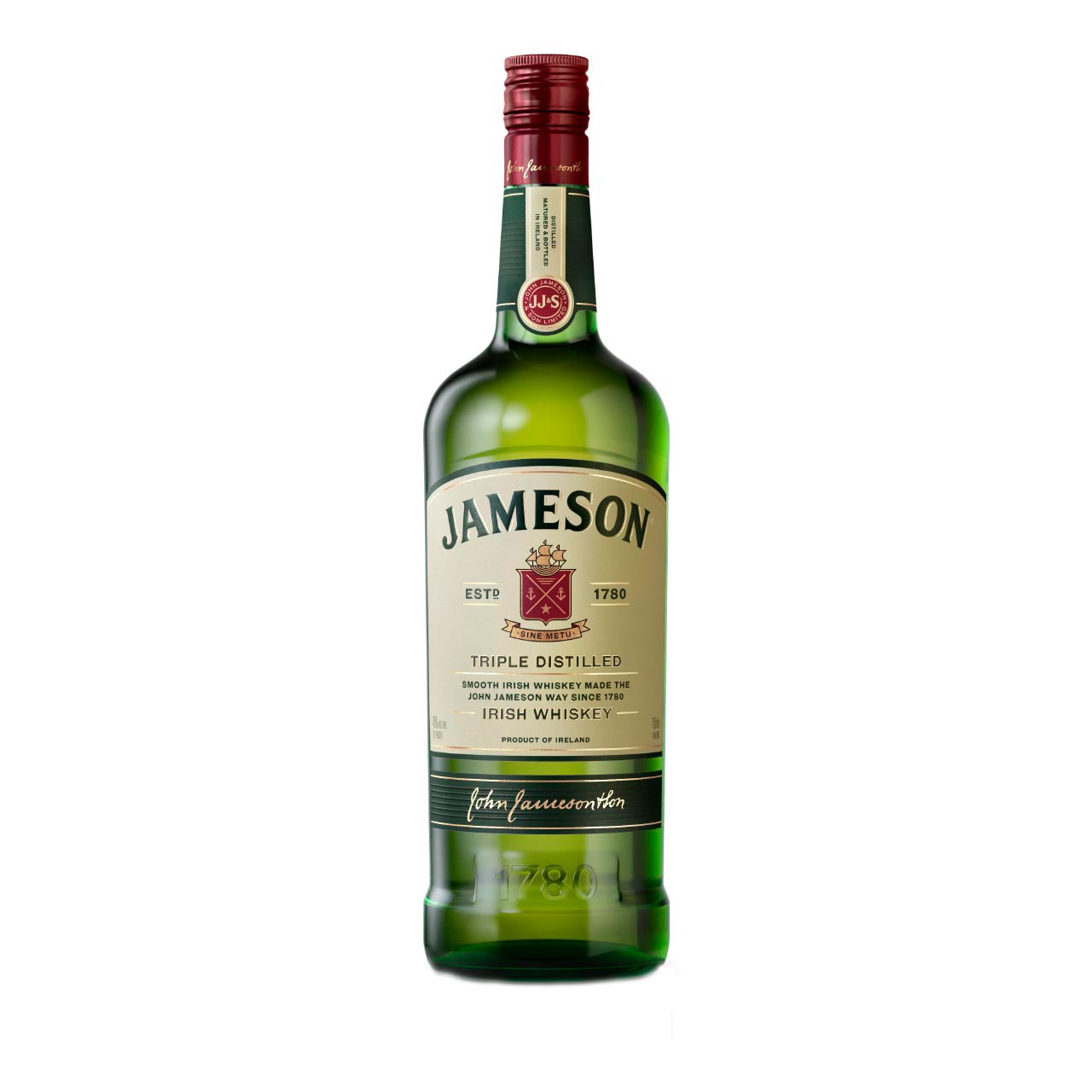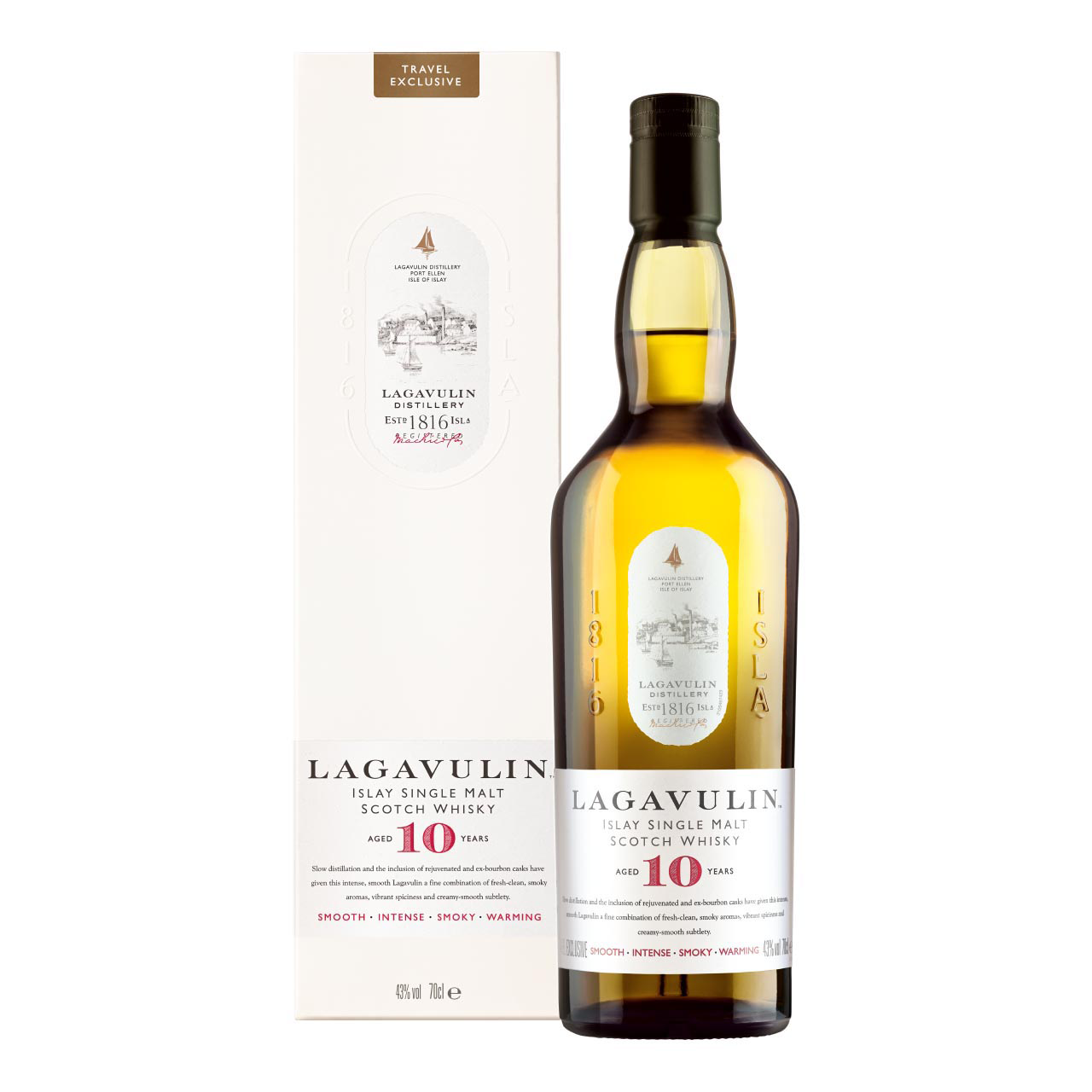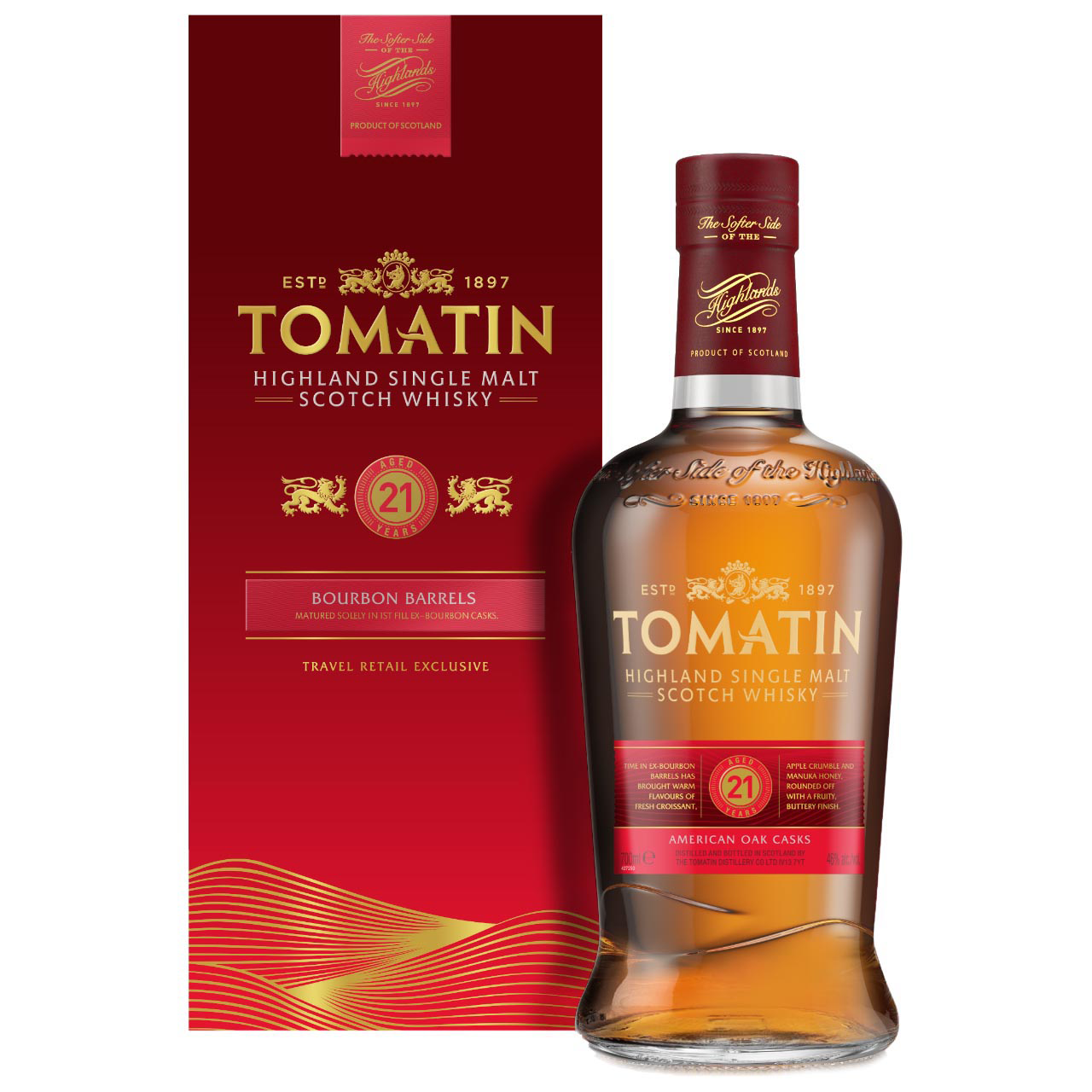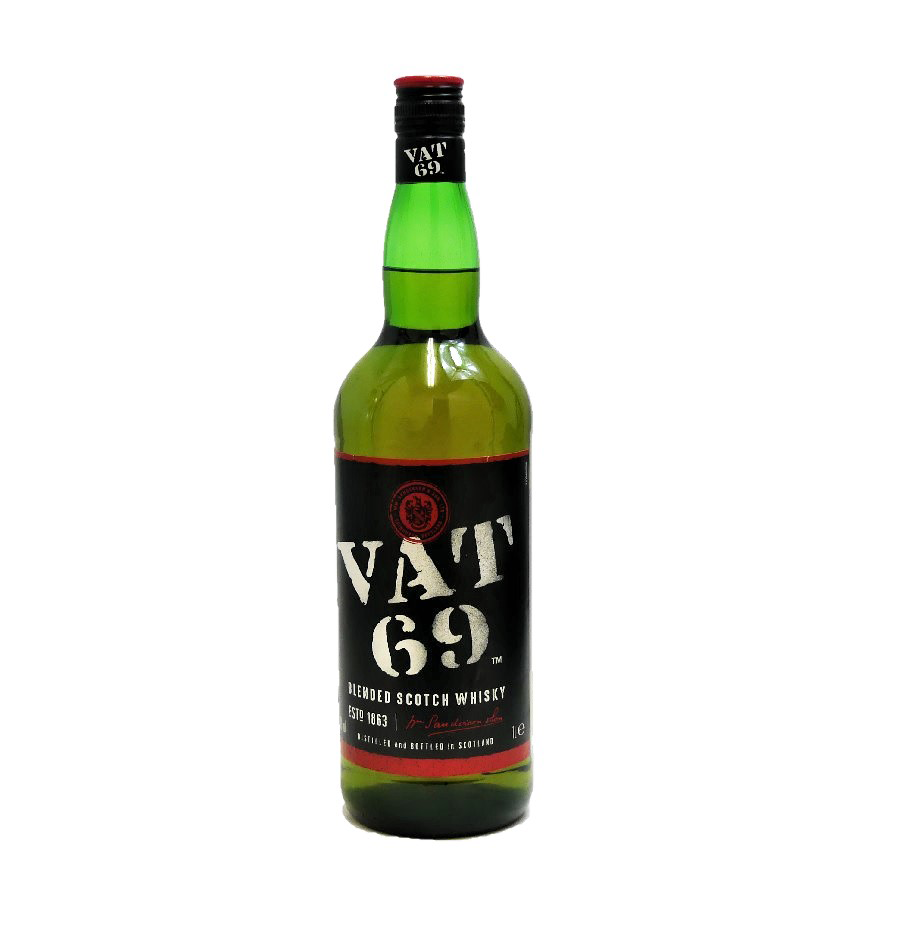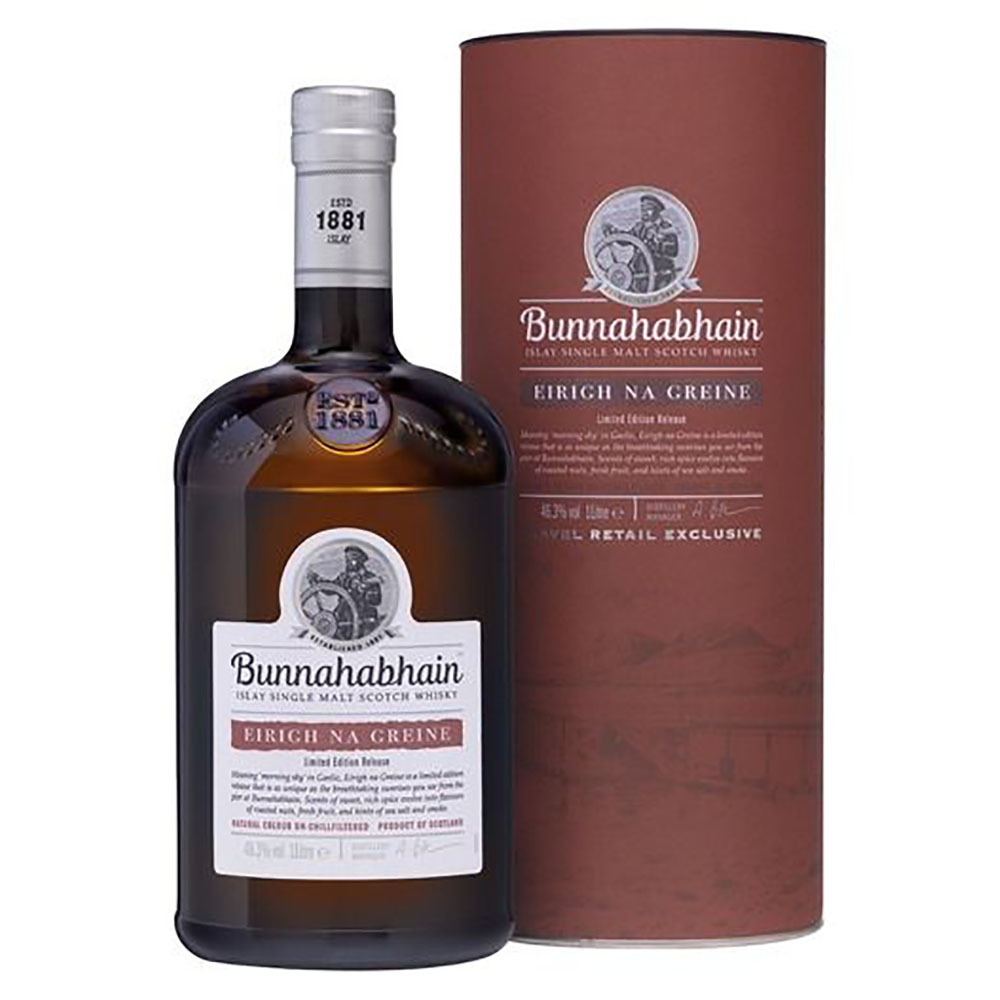Whisky
Discover the best whiskies from around the world with us. To the buying guide
Single Malt Blended Whisky Bourbon Whiskey Scotland Ireland USA Japan
Filter products
784 Products
Average rating of 5 out of 5 stars
incl. VAT plus shipping
Average rating of 5 out of 5 stars
incl. VAT plus shipping
Average rating of 5 out of 5 stars
incl. VAT plus shipping
Average rating of 4.9 out of 5 stars
incl. VAT plus shipping
Average rating of 4.8 out of 5 stars
incl. VAT plus shipping
Average rating of 5 out of 5 stars
incl. VAT plus shipping
Average rating of 5 out of 5 stars
0.7 Liter (€89.93* / 1 Liter)
incl. VAT plus shippingAverage rating of 4.8 out of 5 stars
incl. VAT plus shipping
Average rating of 4.5 out of 5 stars
incl. VAT plus shipping
Average rating of 5 out of 5 stars
incl. VAT plus shipping
Average rating of 4.8 out of 5 stars
incl. VAT plus shipping
0.7 Liter (€171.36* / 1 Liter)
incl. VAT plus shippingAverage rating of 5 out of 5 stars
0.7 Liter (€106.43* / 1 Liter)
incl. VAT plus shippingAverage rating of 4.9 out of 5 stars
3 Liter (€40.63* / 1 Liter)
incl. VAT plus shippingAverage rating of 5 out of 5 stars
incl. VAT plus shipping
Average rating of 5 out of 5 stars
incl. VAT plus shipping
Average rating of 5 out of 5 stars
0.7 Liter (€94.21* / 1 Liter)
incl. VAT plus shipping0.7 Liter (€377.86* / 1 Liter)
incl. VAT plus shippingAverage rating of 4.8 out of 5 stars
incl. VAT plus shipping
Average rating of 4.6 out of 5 stars
incl. VAT plus shipping
Average rating of 5 out of 5 stars
incl. VAT plus shipping
Average rating of 5 out of 5 stars
incl. VAT plus shipping
Average rating of 4.8 out of 5 stars
0.7 Liter (€78.43* / 1 Liter)
incl. VAT plus shippingAverage rating of 4.6 out of 5 stars
incl. VAT plus shipping
Average rating of 4 out of 5 stars
incl. VAT plus shipping
incl. VAT plus shipping
0.7 Liter (€142.14* / 1 Liter)
incl. VAT plus shippingAverage rating of 5 out of 5 stars
incl. VAT plus shipping
Average rating of 5 out of 5 stars
incl. VAT plus shipping
Average rating of 5 out of 5 stars
incl. VAT plus shipping
0.7 Liter (€81.29* / 1 Liter)
incl. VAT plus shipping0.7 Liter (€84.21* / 1 Liter)
incl. VAT plus shippingAverage rating of 5 out of 5 stars
incl. VAT plus shipping
Average rating of 5 out of 5 stars
incl. VAT plus shipping
Average rating of 4.7 out of 5 stars
0.7 Liter (€110.71* / 1 Liter)
incl. VAT plus shippingAverage rating of 4.5 out of 5 stars
0.7 Liter (€64.21* / 1 Liter)
incl. VAT plus shippingAverage rating of 5 out of 5 stars
0.7 Liter (€131.36* / 1 Liter)
incl. VAT plus shippingAverage rating of 5 out of 5 stars
incl. VAT plus shipping
Average rating of 5 out of 5 stars
incl. VAT plus shipping
0.7 Liter (€103.57* / 1 Liter)
incl. VAT plus shipping0.7 Liter (€96.07* / 1 Liter)
incl. VAT plus shippingAverage rating of 5 out of 5 stars
incl. VAT plus shipping
0.7 Liter (€171.36* / 1 Liter)
incl. VAT plus shippingWhisky: comprehensive buying advice
From the smoky shores of Islay to the rolling hills of Kentucky, every bottle of whisky tells a story of craft, patience and passion. This guide is designed to help you find the perfect whisky for your taste and occasion. We highlight different types of whisky, important terms and give you recommendations for some of the best whiskies on the market.
What is whisky?
Whisky is a distilled alcoholic beverage made from fermented grain mash. The most common types of grain are barley, corn, rye and wheat. The whisky is matured in oak barrels, which gives it its characteristic aromas and colors. There are different types of whisky depending on the country of origin and production methods:
- Scotch Whisky: Must be produced in Scotland and matured in oak casks for at least three years.
- Bourbon: An American whisky that must contain at least 51% corn and is matured in new, burnt oak barrels.
- Irish whiskey: Must be produced in Ireland and matured for at least three years. Often triple-distilled, which makes it particularly smooth.
- Rye whisky: An American whisky that must contain at least 51% rye.
Our recommendations of the best whiskies
The mild one: Glenmorangie 10 years
Glenmorangie, a renowned whisky distillery in Tain, Scotland, offers a particularly mild introduction to the world of whisky with its 10-year-old single malt. This whisky impresses with its fine bouquet of citrus fruits and ripe peaches, complemented by delicate vanilla aromas. A floral fruitiness unfolds on the palate and the finish is clear and soft with notes of oranges and peaches. Ideal for beginners and lovers of mild whiskies who appreciate a soft, fruity character.
The bourbon with a strong character: Jack Daniel's Sinatra Select
Jack Daniel's is known worldwide for its bourbon with a strong character. Sinatra Select, an ultra-premium whiskey, is made from specially crafted "Sinatra barrels". These barrels give the whiskey a full character of oak and spice notes that fade into an exceptionally smooth vanilla finish. Perfect for connoisseurs looking for an intense yet harmonious taste.
The exclusive blend: Ballantines 30 years
Ballantine's is renowned for its art of blending. The 30-year-old Ballantine's is one of the best blends in the world and offers a complex balance of honey, floral and fruity notes, accompanied by sweet vanilla flavors in the long-lasting finish. This exclusive whisky is a true pleasure experience for special occasions and discerning palates.
The smoky one: Lagavulin 10 years
The Scottish distillery Lagavulin, known for its intense, smoky whiskies, presents a true taste experience with its 10-year-old Islay malt. This whisky impresses with its intense smoke, spicy notes and a mildly salty taste experience with maritime hints and fruity notes. Ideal for lovers of strongly smoky whiskies.
The premium tasting set: Glenfiddich Cask Collection Set
Glenfiddich, one of Scotland's largest single malt producers, offers a selection of three unique whiskies in its tasting set. This set is perfect for those who want to explore different flavor profiles.
- Cask Collection Vintage: Combines strong aromas of smoke, dried fruit and oak.
- Reserve Cask Collection: Characterized by deep fruit notes and light oak tannins.
- Select Cask Collection: Offers a smooth, mellow taste with sweet and spicy aromas of summer flowers, creamy vanilla and toffee.
The most popular whisky brands
When it comes to choosing the right whisky, it is helpful to compare different brands and their characteristics. Here are some of the best-known brands and what sets them apart:
- Glenmorangie: Known for their mild and fruity single malts, ideal for beginners and those who prefer a smooth whisky.
- Jack Daniel's: A synonym for American whiskey with its characterful and intense bourbon, which is given an unmistakable taste through charcoal filtering.
- Ballantine's: Famous for its blends that offer a complex balance of different flavors. Perfect for those who appreciate the art of blending.
- Lagavulin: A brand known for its intense, smoky whiskies. Ideal for connoisseurs who prefer strong, smoky aromas.
- Glenfiddich: One of the largest and best-known single malt producers, offering a wide range of flavor profiles, from mild and fruity to strong and smoky.
Whiskies from different countries
Whisky is an international drink that is produced in many countries around the world. Each region brings its own traditions and production methods that influence the taste and character of the whisky. Here are some of the key differences between whisky from different countries:
Scotland
Scotland is the heart of whisky production and is famous for its Scotch whisky. There are five main regions, each with their own unique styles:
- Speyside: Famous for its sweet and fruity whiskies, often with notes of apple, pear, honey and vanilla. Well-known distilleries are Glenfiddich and Glenlivet.
- Islay: This island is known for its heavily smoky and peaty whiskies. Typical aromas are iodine, seaweed and medicinal notes. Lagavulin and Ardbeg are prominent representatives.
- Highlands: This region offers a wide range of styles, from light and floral to heavy and smoky. Glenmorangie and Dalmore are well-known distilleries.
- Lowlands: Lighter and more delicate whiskies are often produced here, with grassy and floral notes. Examples include Auchentoshan and Glenkinchie.
- Campbeltown: Once the center of whisky production, only a few distilleries are still active today. The whiskies are complex, often with maritime and salty notes. Springbank is an example.
Ireland
Irish whiskey is distinguished by its triple distillation, which makes it particularly smooth and mild. It is often produced in unpeated varieties, which results in a clear, sweet and slightly fruity taste. Well-known brands include Jameson and Bushmills. The use of malted and unmalted barley (pot still whiskey) also gives Irish whiskey unique creamy and spicy notes.
USA
Bourbon and Tennessee whiskey are the best-known types in the USA. Bourbon must contain at least 51% corn and be matured in new, burnt oak barrels. It is characterized by sweet, vanilla and caramel notes. Well-known brands are Maker's Mark and Jim Beam. Tennessee whiskey, such as Jack Daniel's, also undergoes charcoal filtering, which gives it a particularly smooth character. Rye whiskey, which must contain at least 51% rye, is also popular and often has a spicy, peppery taste.
Canada
Canadian whisky, often referred to as rye whisky, although not necessarily high in rye, is known for its light and approachable nature. It is often a blend of different grains and is matured in used oak barrels, resulting in subtle and versatile flavor profiles. Crown Royal and Canadian Club are well-known brands.
Japan
Japanese whisky has gained international renown in recent decades. Japanese distilleries, such as Suntory and Nikka, have taken much from the Scottish tradition, but with a strong focus on precision and detail. Japanese whiskies are often elegant and refined, with complex flavors ranging from light and floral to rich and smoky.
Germany
Germany may not be the first country that springs to mind when it comes to whisky, but it has made a name for itself in recent years. German whiskies are characterized by a great willingness to experiment and a variety of styles. Distilleries often use local grains and different types of cask for maturation. Well-known German brands include Slyrs from Bavaria and St. Kilian from Hesse. German whisky can be light and fruity as well as strong and smoky, often with a special regional character. German distilleries attach great importance to quality and craftsmanship, which is reflected in the often limited and high-quality bottlings.
Choosing the right whisky
Choosing whisky can be a fascinating journey that depends on personal preferences and occasions. Here are some aspects to help you find the right whisky:
Flavor profiles: From mild to smoky
Whiskies offer a wide range of flavor profiles, from mild and fruity to strong and smoky. A mild whisky such as Glenmorangie 10 year old is perfect for beginners who enjoy subtle notes of citrus and vanilla. Smoky whiskies such as Lagavulin 10 year old offer an intense taste experience with notes of smoke and spice. To find your own taste, try different whiskies and pay attention to the flavors that appeal to you the most.
Price-performance ratio
Value for money is an important factor when choosing whisky. High-quality whiskies don't always have to be expensive. There are many affordable options that offer excellent taste. Brands such as Glenfiddich and Jack Daniel's offer high quality whiskies at reasonable prices. Compare reviews and recommendations to find the best whisky for your budget.
Age and maturation
The age and maturation of a whisky have a significant influence on its taste. Younger whiskies (3-10 years) are often livelier and fruitier, while older whiskies (15-30 years) develop more complex and deeper aromas. Cask maturation also plays an important role. Whiskies matured in former sherry or port casks often have additional sweet and fruity notes.
Single malt vs. blended
Single malt whiskies come from a single distillery and are made exclusively from malted barley, which often gives them a distinct and pure character. Blended whiskies are mixtures of different single malts and grain whiskies, which are often more complex and versatile in taste. Ballantine's 30 year old is an outstanding example of a high-quality blend.
Special bottlings
Limited editions and collector's bottles are particularly appealing to whisky lovers. These bottlings often offer unique flavor profiles and are coveted due to their rarity and exclusivity. They are ideal as special gifts or as an enrichment for your own collection.
How to taste whisky properly
Tasting whisky is an art that appeals to all the senses. Here are some steps to get the most out of your whisky experience:
The right choice of glass: The choice of glass can have a significant impact on the tasting experience. A tumbler is widely used and practical, while a nosing glass concentrates the aromas better and brings them to the nose, improving the perception of taste.
Serving temperature: Whisky should ideally be served at room temperature (approx. 18-21°C) in order to fully bring out its aromas. Temperatures that are too cold can suppress the flavors, while temperatures that are too warm can overemphasize the alcohol.
The nosing: Nosing is the first step in whisky tasting. Swirl the whisky gently in the glass and take a deep whiff. Try to identify the different aromas, such as fruit, spice, smoke or vanilla. Take your time to enjoy and describe the complexity of the aromas.
The tasting: Take a small sip of whisky and let it roll slowly over your tongue. Pay attention to the different layers of flavor and how the aromas unfold in your mouth. Note the texture, sweetness, spiciness and finish of the whisky. Each sip can reveal new nuances.
With or without water: Adding a few drops of water can open up the flavors of a whisky and make them more accessible. Try your whisky neat first and then with a little water to taste the differences. Water can help soften the alcohol content and release hidden flavors.
Combining whisky and food
As with wine, the whisky should complement the taste of the food and not overpower it. Lighter whiskies go well with delicate dishes, while stronger and smokier whiskies go better with more intense dishes.
Whisky and chocolate: The combination of whisky and chocolate is a match made in heaven. A mild, fruity whisky such as Glenmorangie 10 year old harmonizes perfectly with dark chocolate, while a stronger whisky such as Lagavulin 10 year old goes perfectly with chocolates with a high cocoa content.
Whisky and cheese: Whisky and cheese offer surprising taste experiences. A soft, creamy cheese such as Brie goes well with a mild whisky, while a strong blue cheese complements a smoky whisky. Try different combinations to discover your favorites.
Whisky and meat dishes: Whisky can also be an excellent accompaniment to meat dishes. An intense bourbon such as Jack Daniel's Sinatra Select harmonizes well with grilled steaks, while a fruity single malt such as Glenfiddich goes well with game dishes. The aromas of the whisky can enhance and complement the flavors of the meat.
Desserts with whisky: Whisky can add a special touch to desserts. A vanilla pudding or chocolate cake becomes particularly aromatic with a shot of whisky. Fruit desserts also benefit from the depth and complexity of a good whisky. Use whisky in sauces, marinades or directly in desserts to create unique taste experiences.
Frequently asked questions (FAQ)
1. What is the difference between single malt and blended whisky?
Single malt whisky is produced in a single distillery and is made from malted barley. Blended whisky is a mixture of different single malts and grain whiskies, often from several distilleries.
2. How long should a whisky be matured?
This depends on the desired flavor profile. Shorter matured whiskies (3-10 years) tend to have more vibrant and fruity flavors, while longer matured whiskies (15-30 years) develop more complex and deeper flavors.
3. What does "cask strength" mean for whisky?
"Cask strength" means that the whisky has been bottled directly from the cask, without dilution with water. These whiskies often have a higher alcohol content and more intense aromas.
4. What is the best way to store whisky?
Whisky should be stored upright and in a cool, dark place. Direct sunlight and extreme temperature fluctuations should be avoided in order to preserve the quality.
5. Can whisky go bad?
Stored correctly, whisky can last for many years. Once opened, it should be consumed within one to two years to ensure the best taste.
6. What is the difference between scotch and bourbon?
Scotch is produced in Scotland and matures for at least three years in used oak barrels. Bourbon is produced in the USA, contains at least 51% corn and matures in new, burnt oak barrels.
7 Which glasses are best for whisky?
Tumblers or nosing glasses are the best way to enjoy whisky. Tumblers are widely used and versatile, while nosing glasses concentrate the aromas better and guide them to the nose.
8. What is the best temperature to serve whisky at?
Whisky should ideally be served at room temperature (around 18-21°C) to bring out the full flavors. Ice can dilute the flavor, but is preferred by some.
9. Should whisky be diluted with water?
Some connoisseurs add a few drops of water to better develop the aromas. It's a question of personal taste.
10. What is the difference between smoky and peaty whisky?
Smoky whisky gets its flavor from drying the malt over a peat fire. Peaty whisky derives its flavor directly from the peat used and the resulting phenols.
11. Whisky or Whiskey?
“Whisky” refers to the drink produced mainly in Scotland, Canada and Japan, while “whiskey” is the spelling used in Ireland and the USA. The difference in spelling reflects the different production and traditions of the respective countries.



